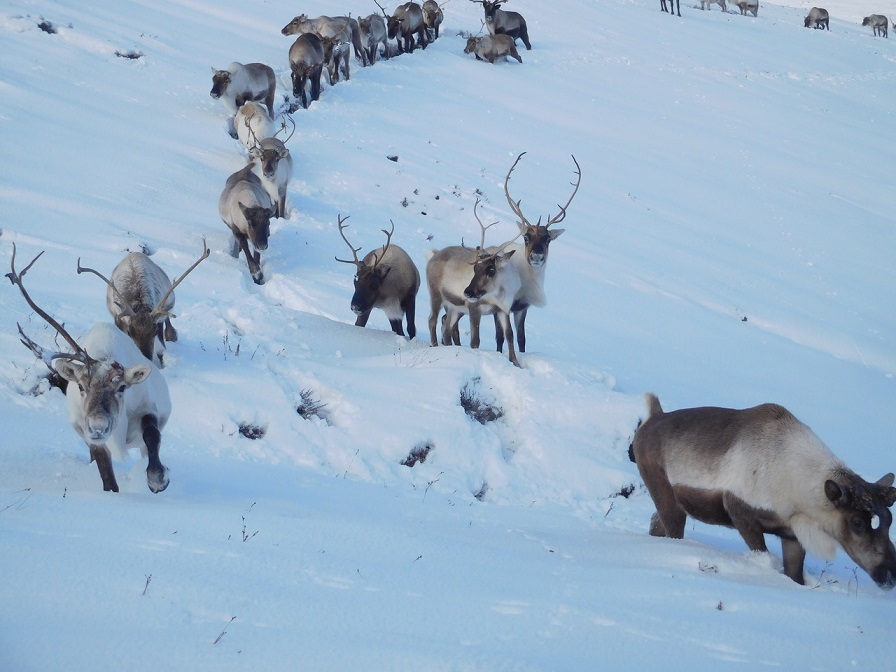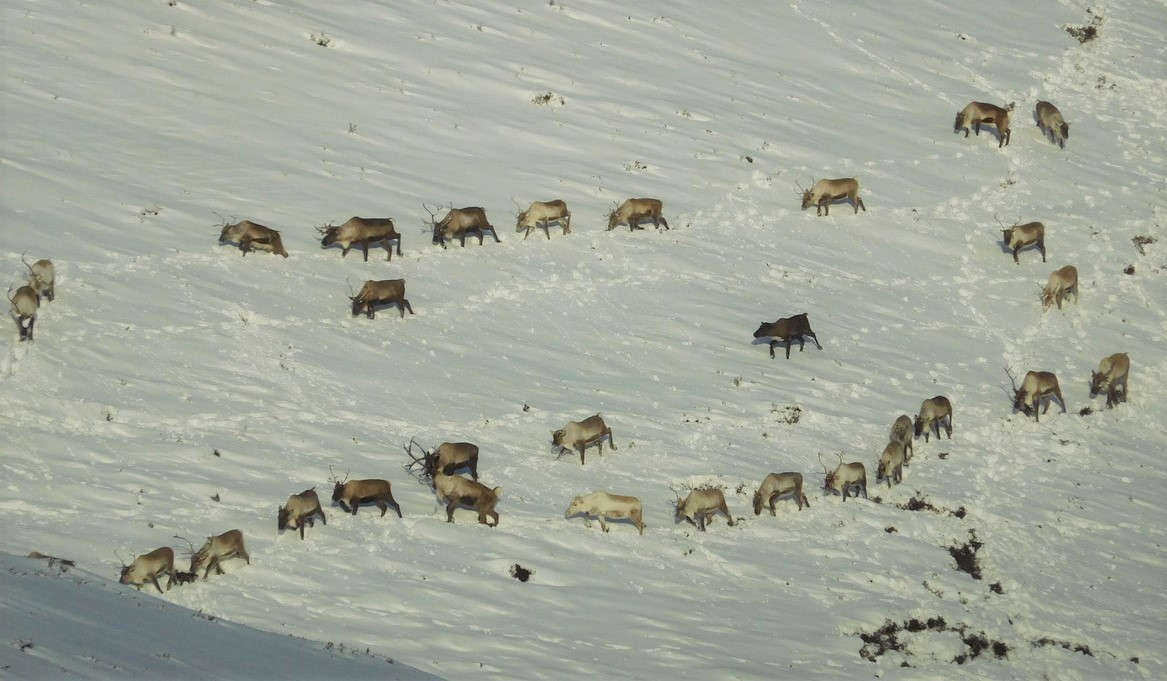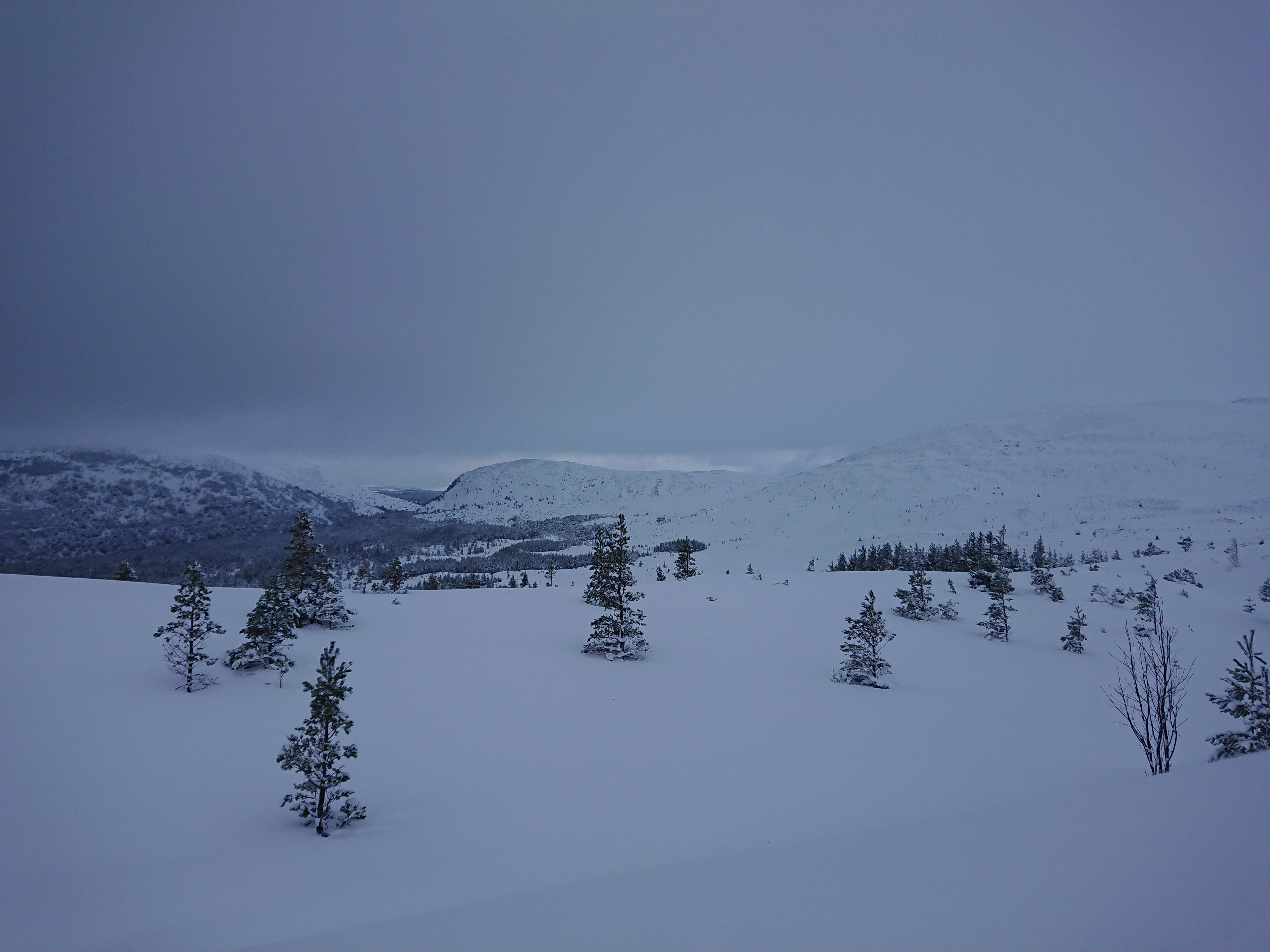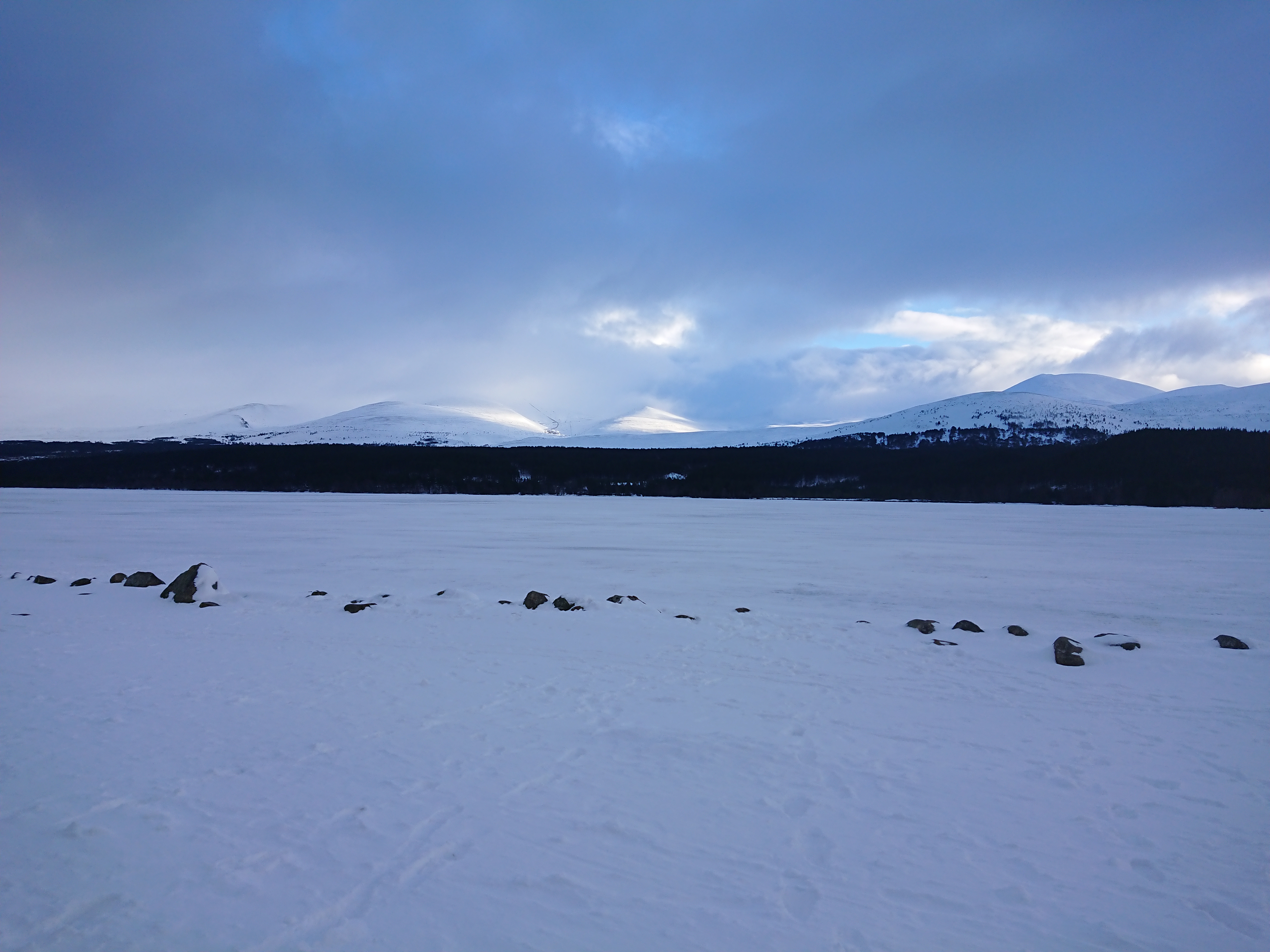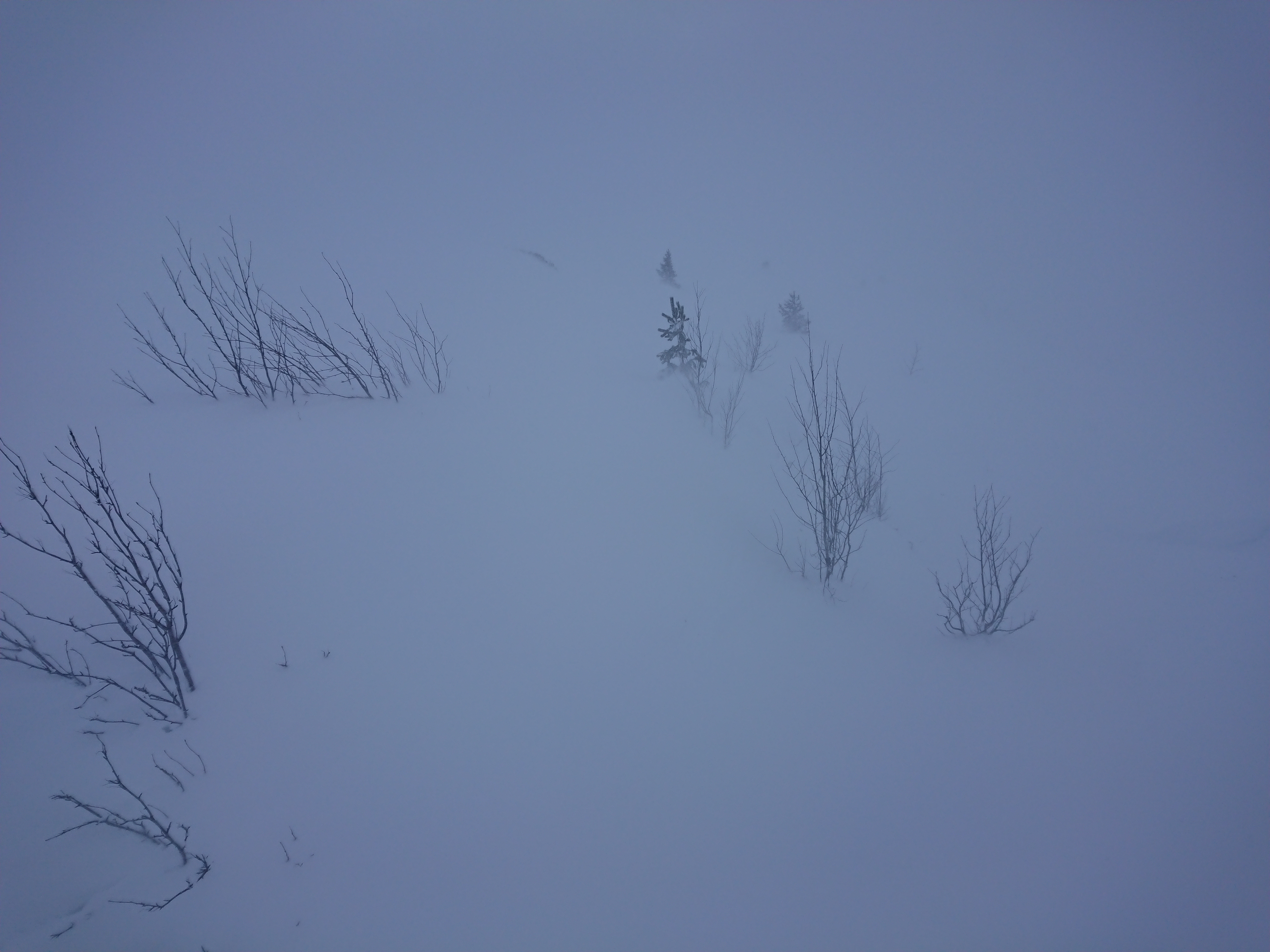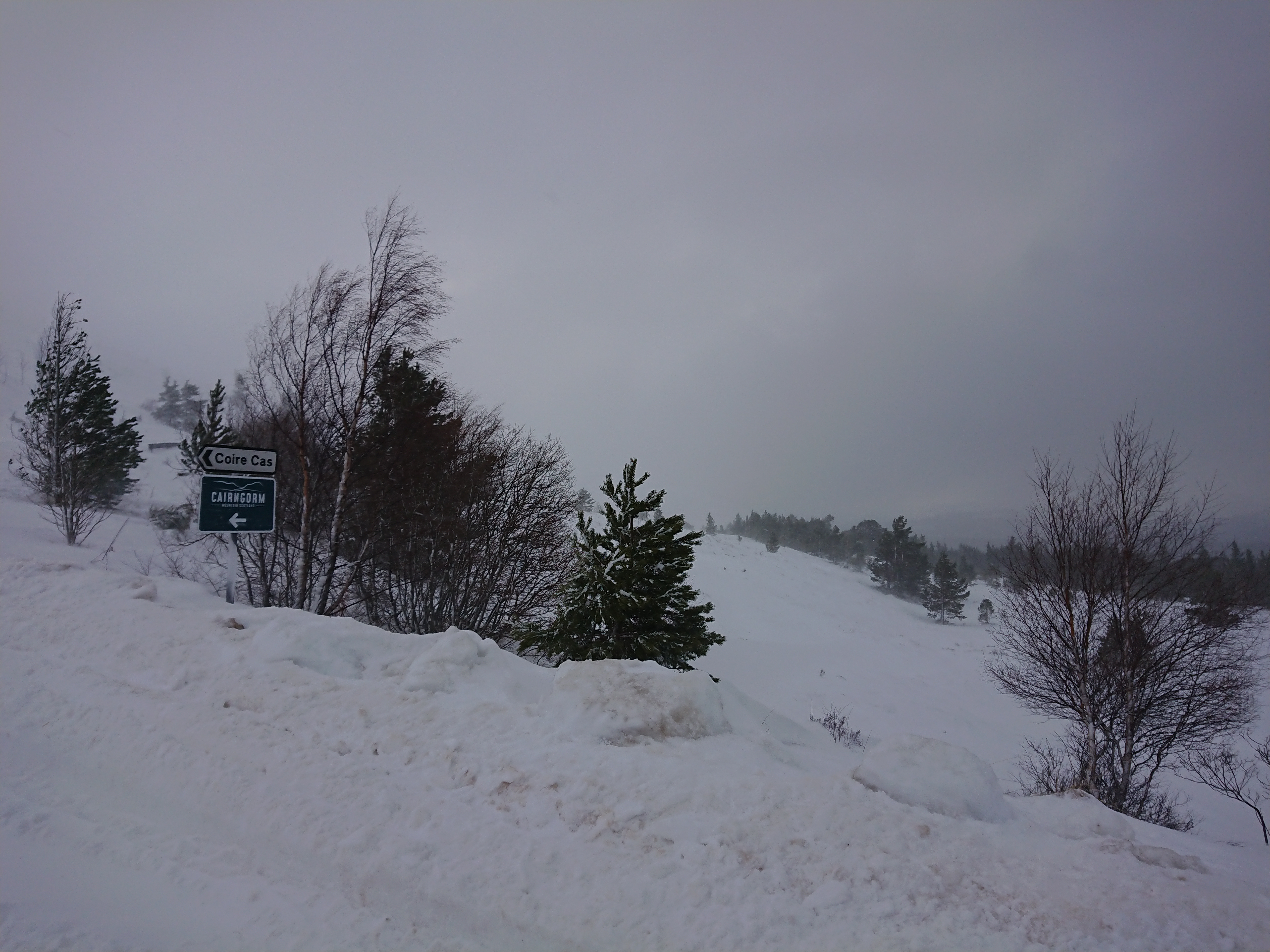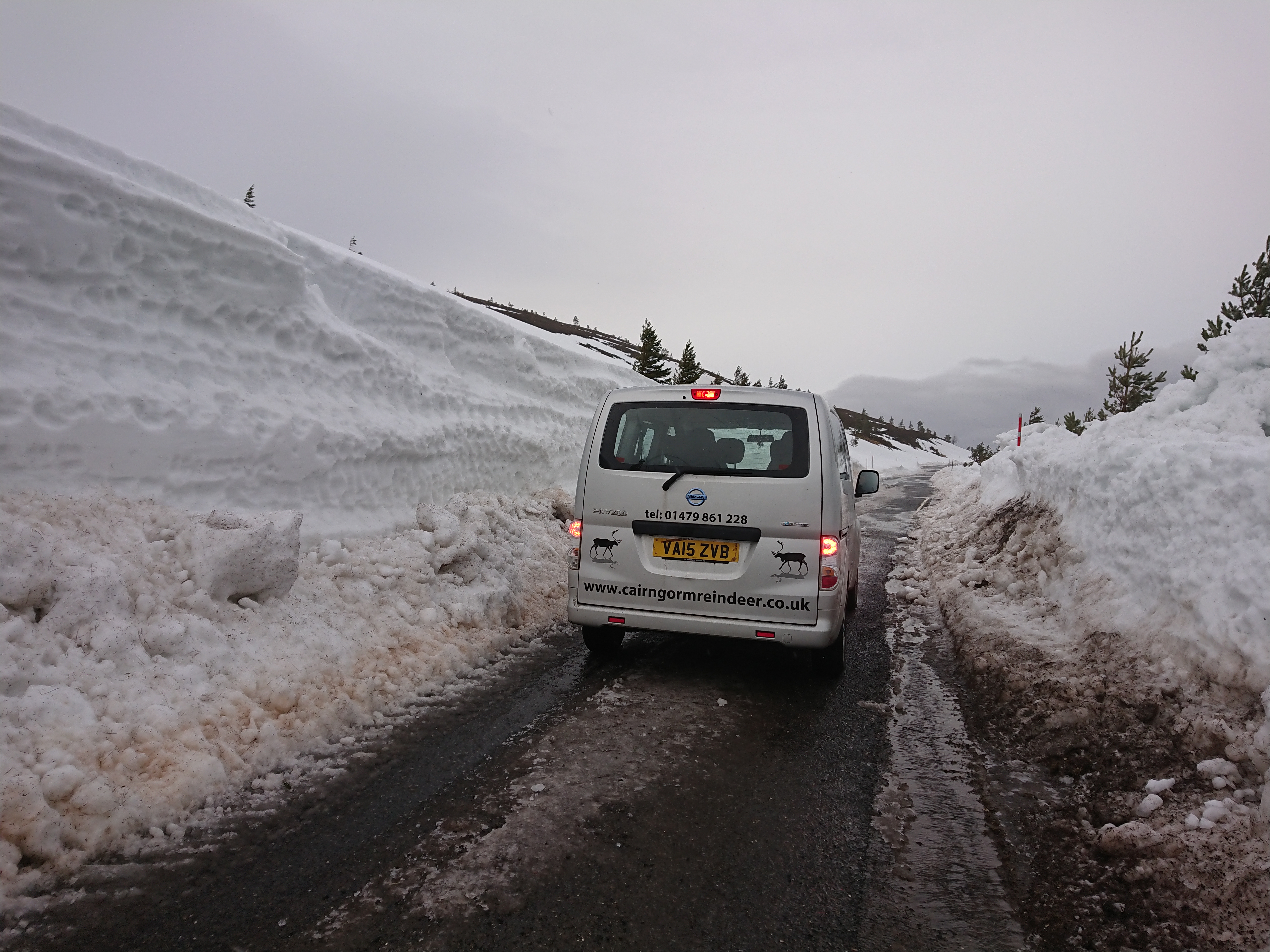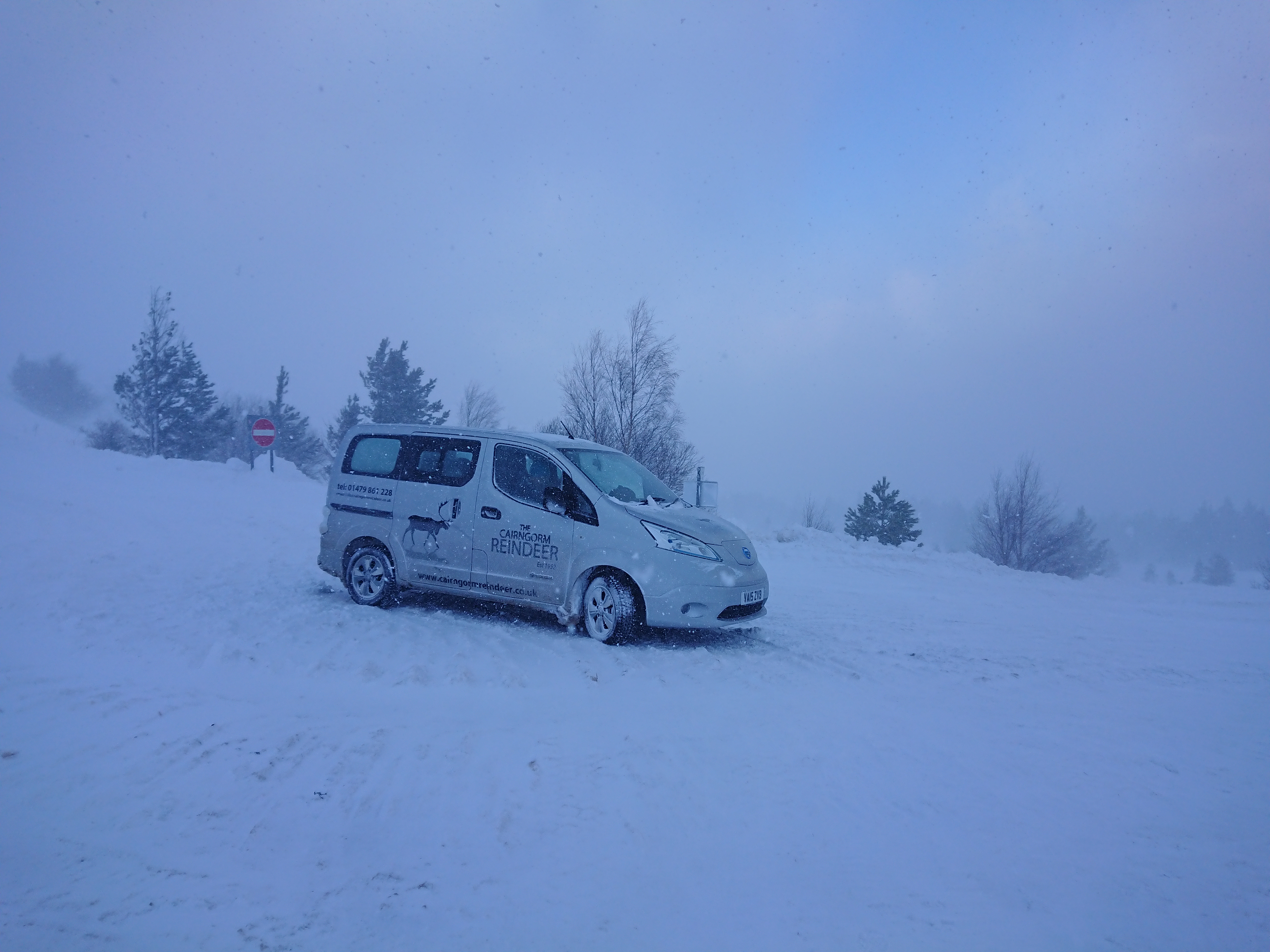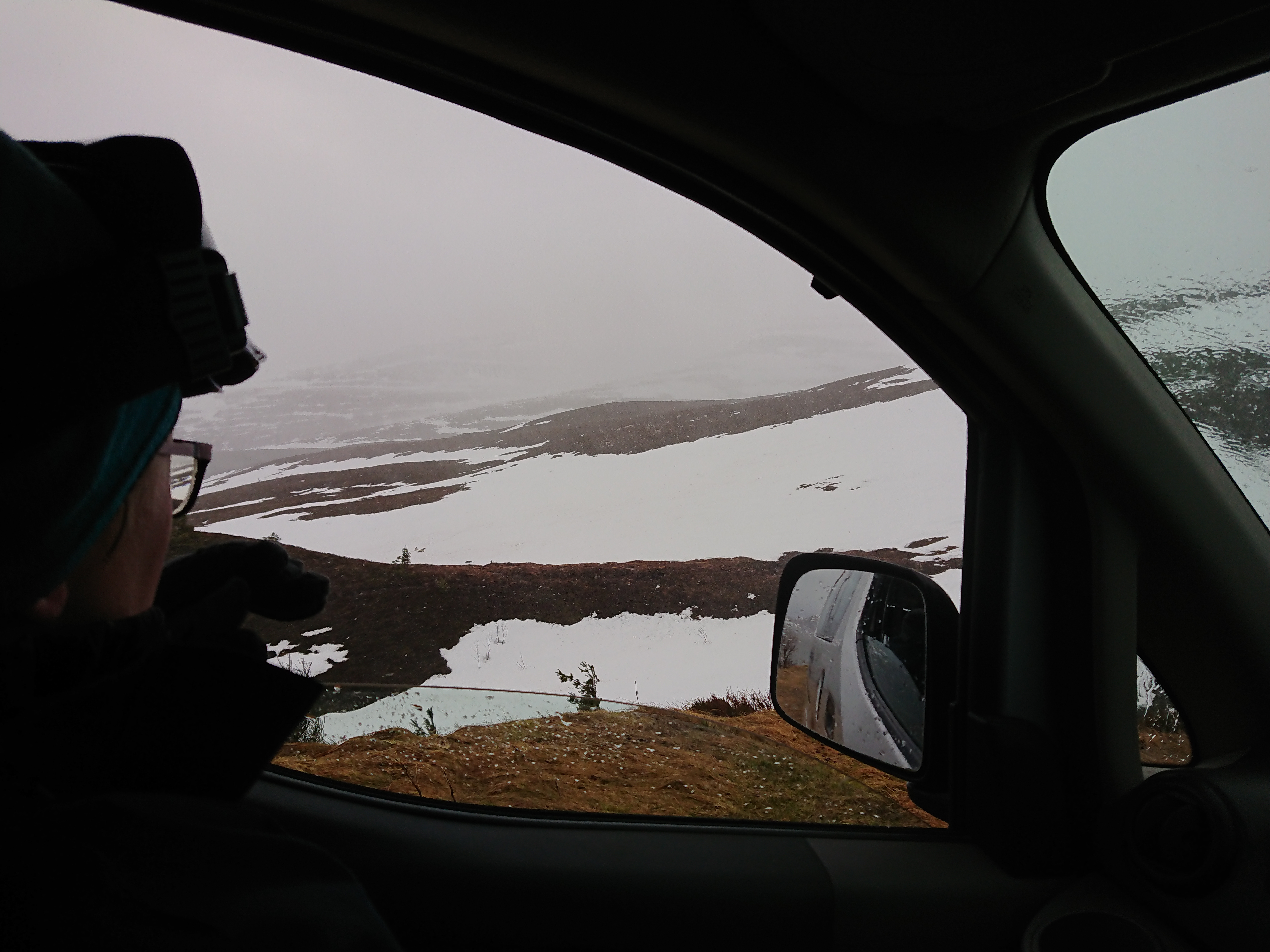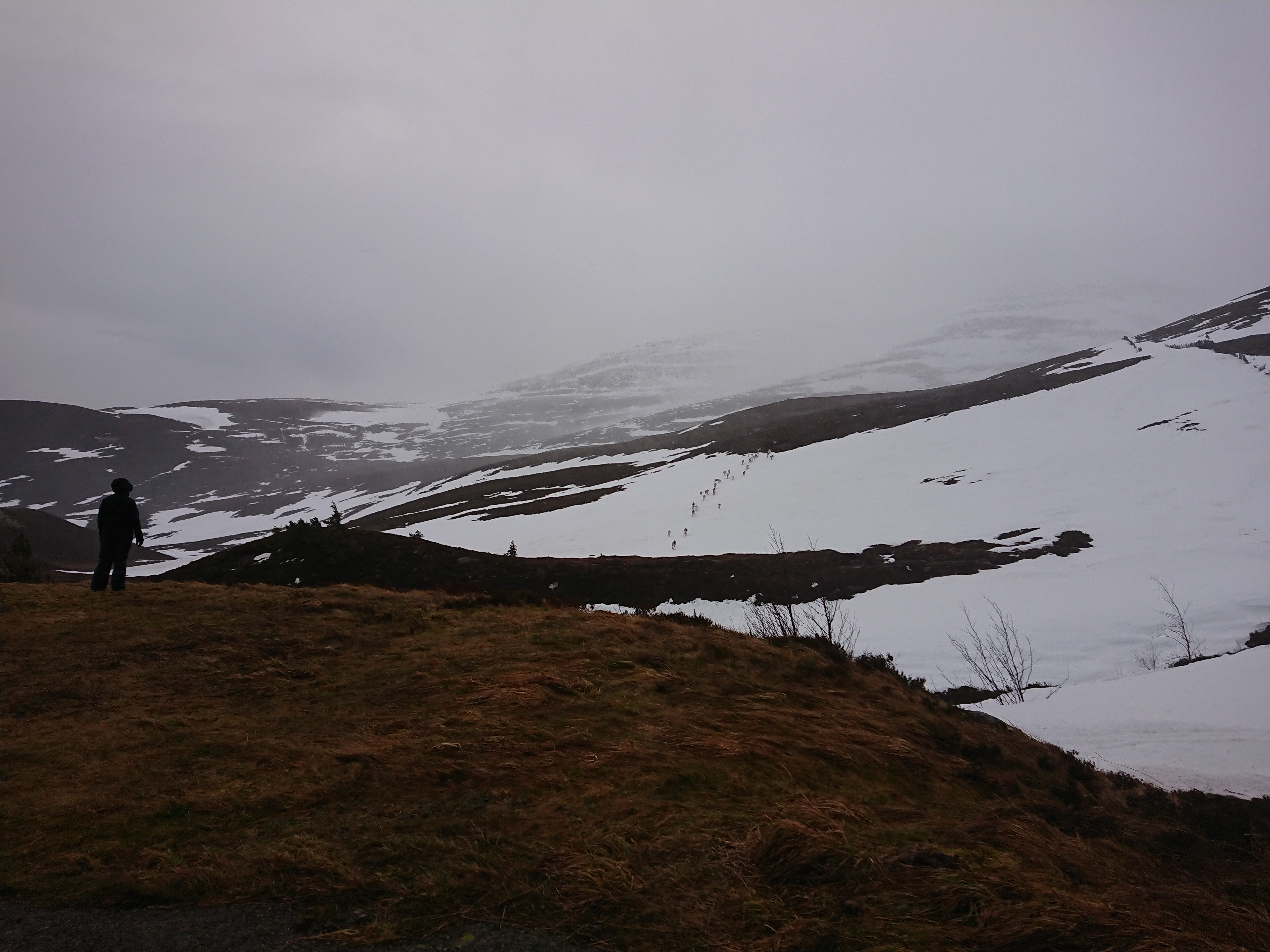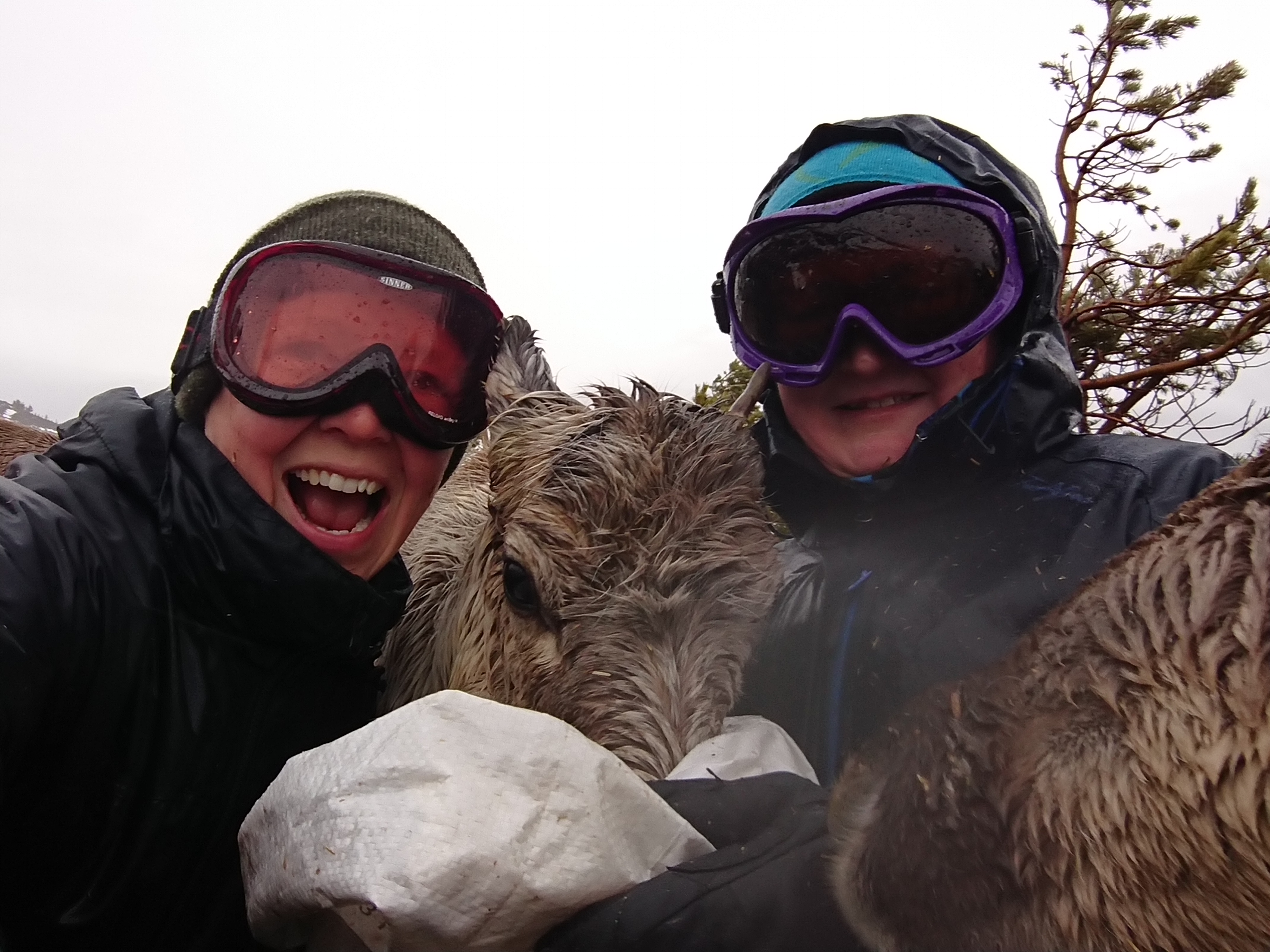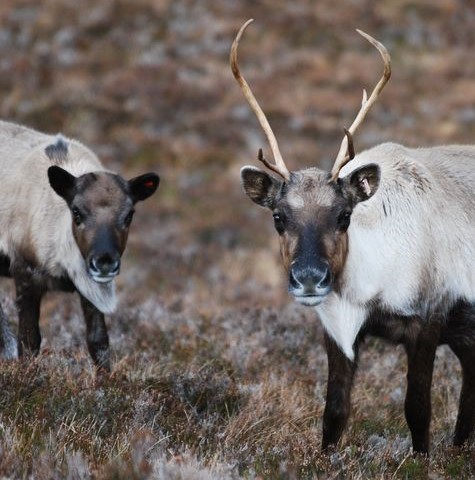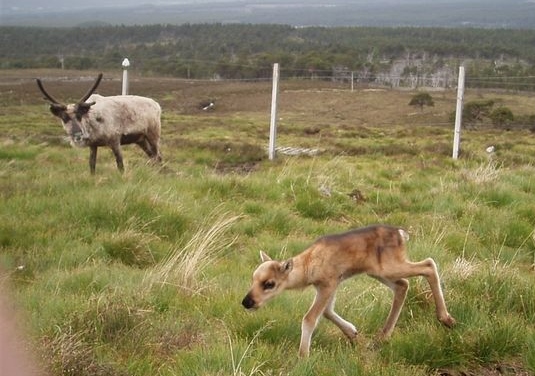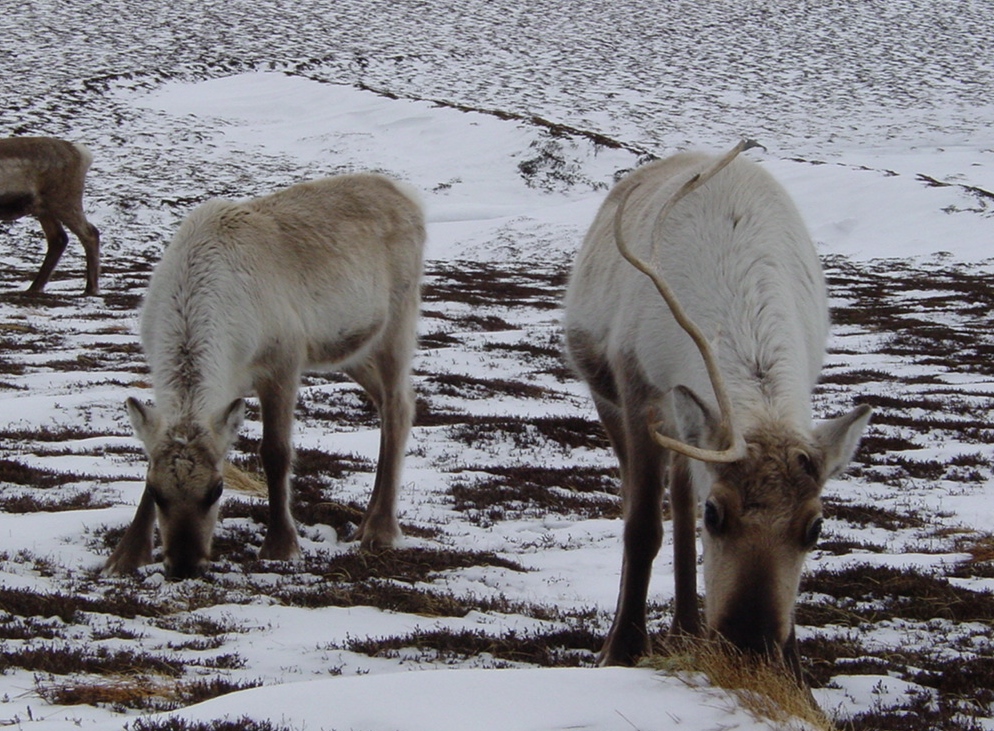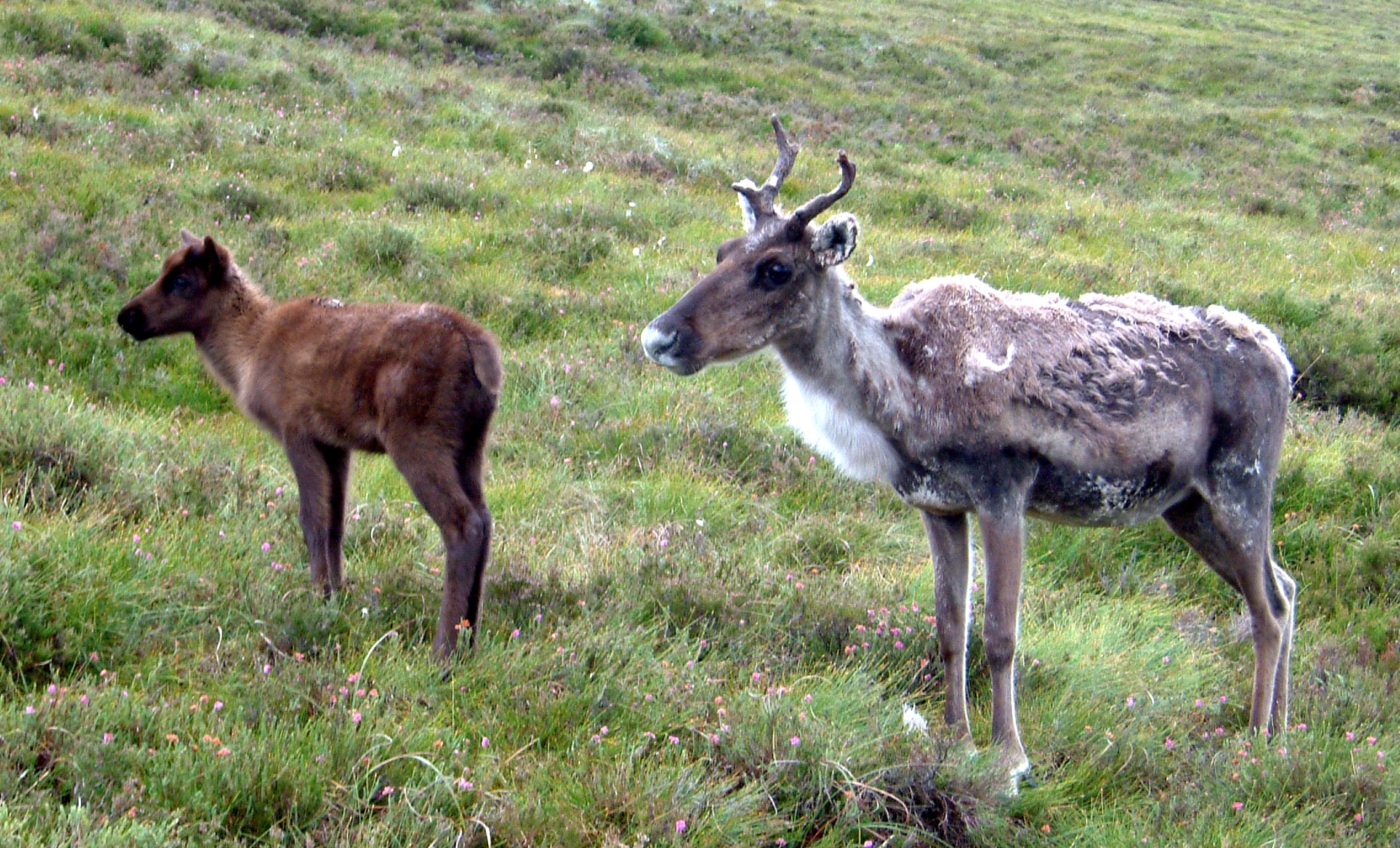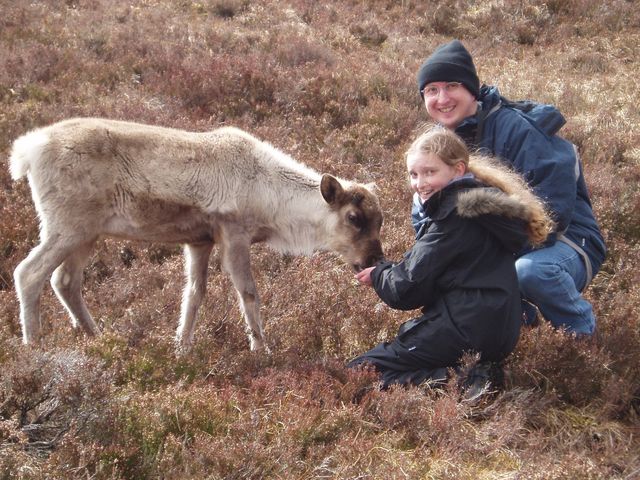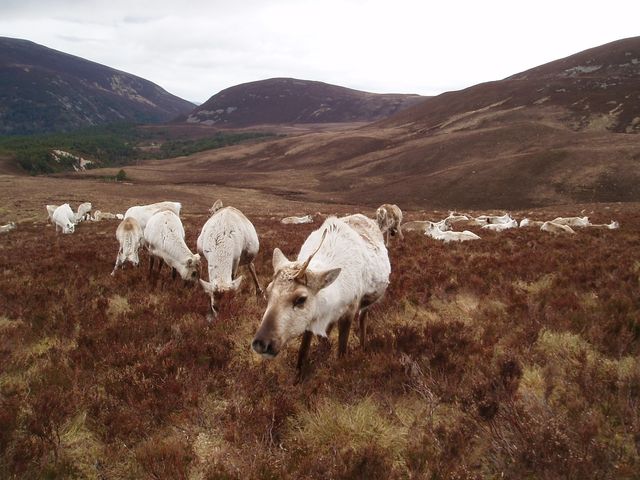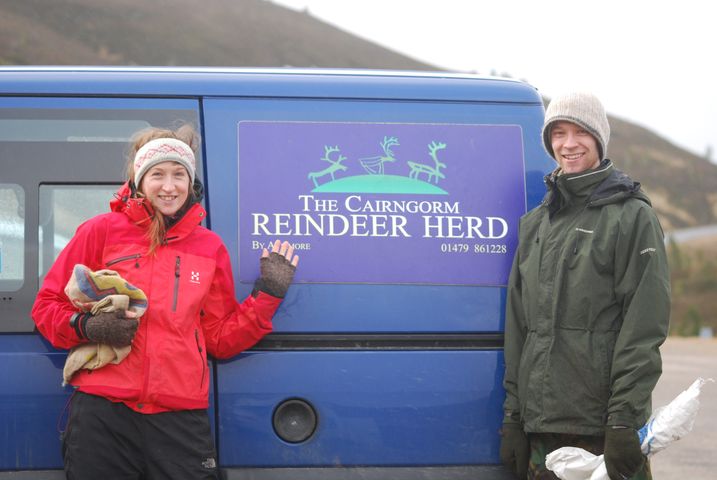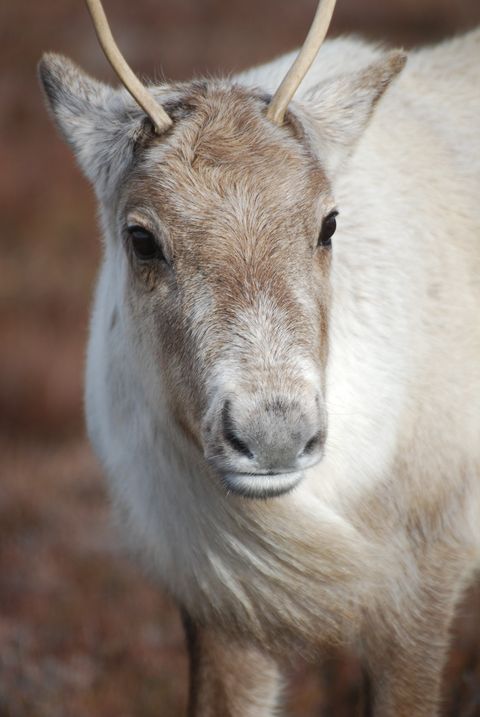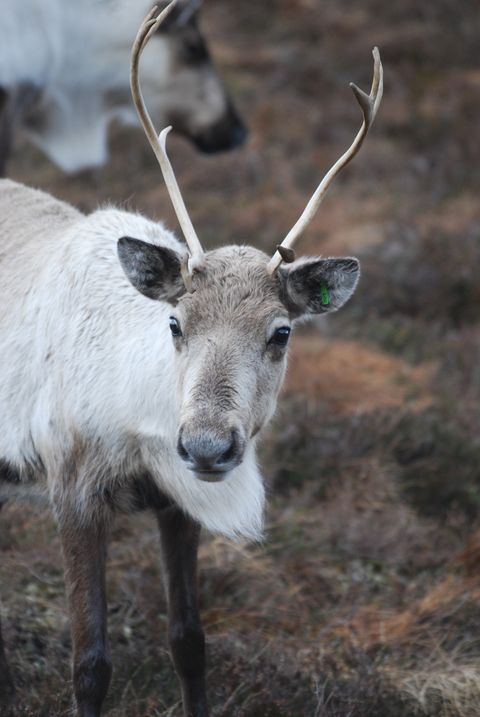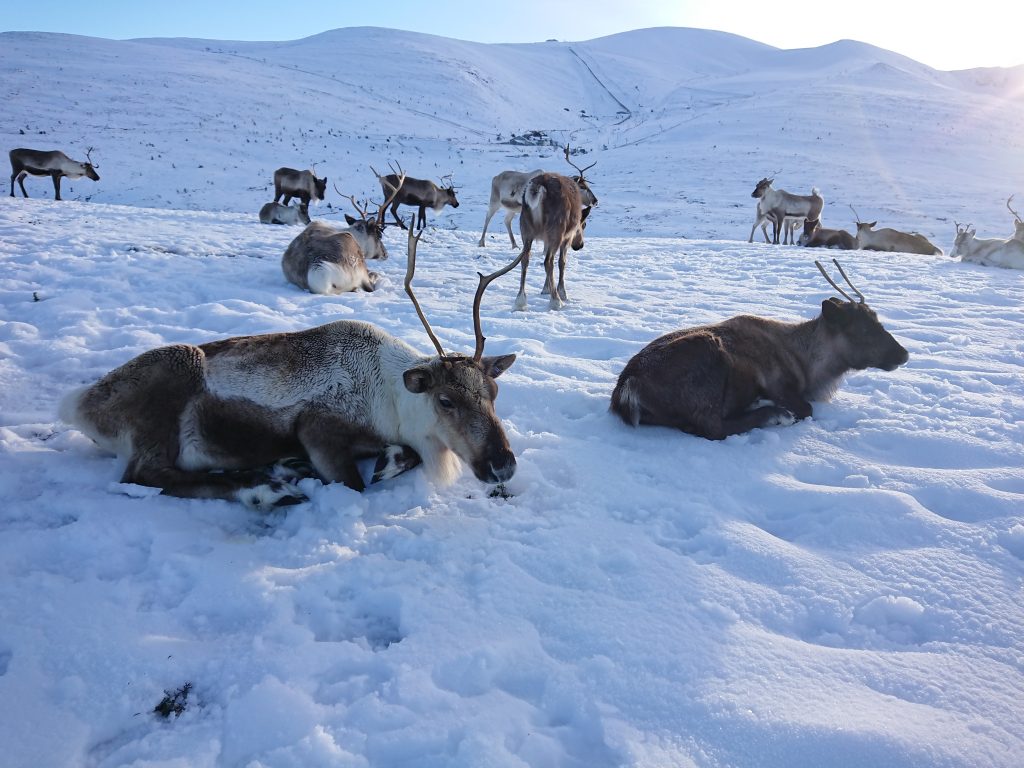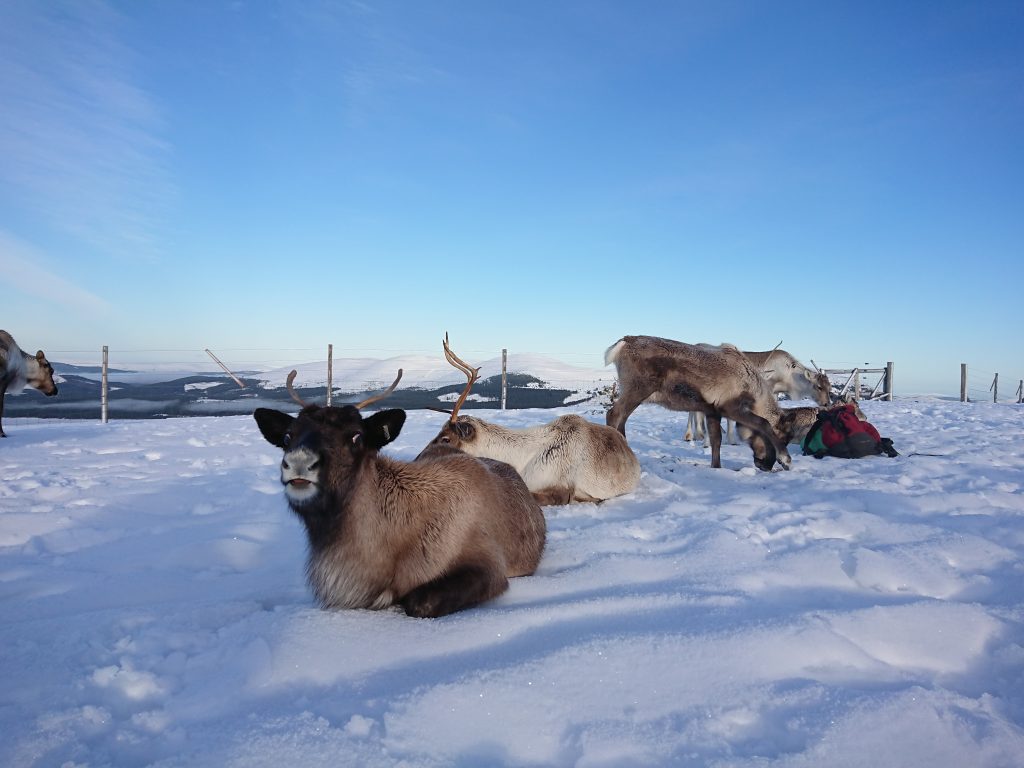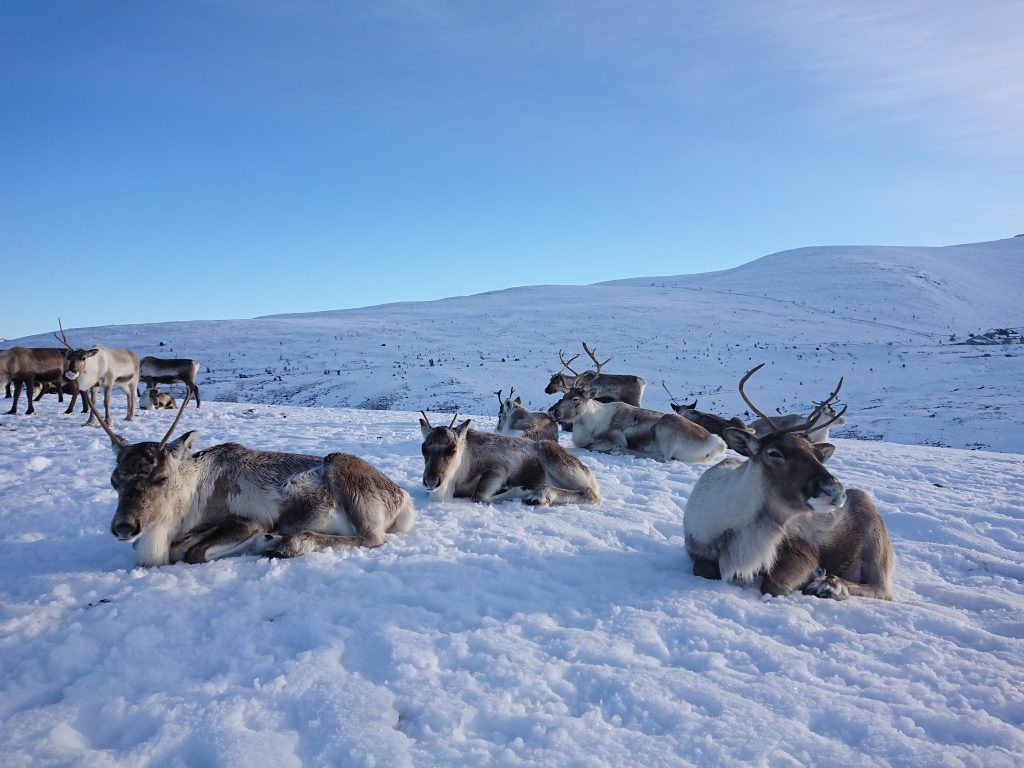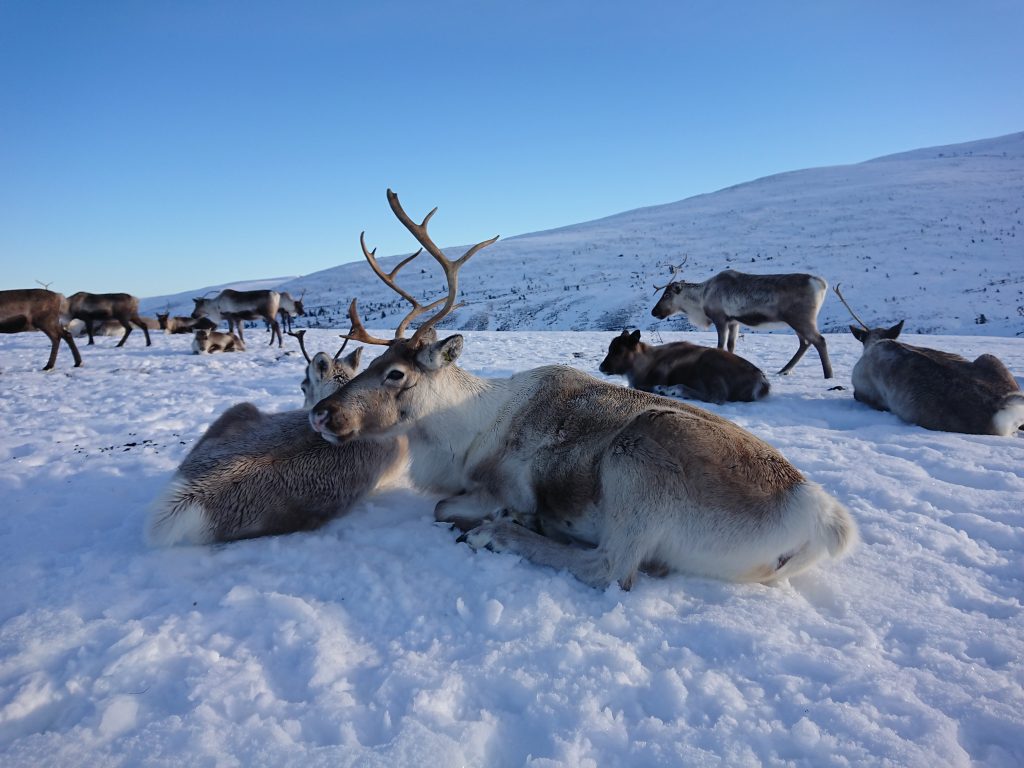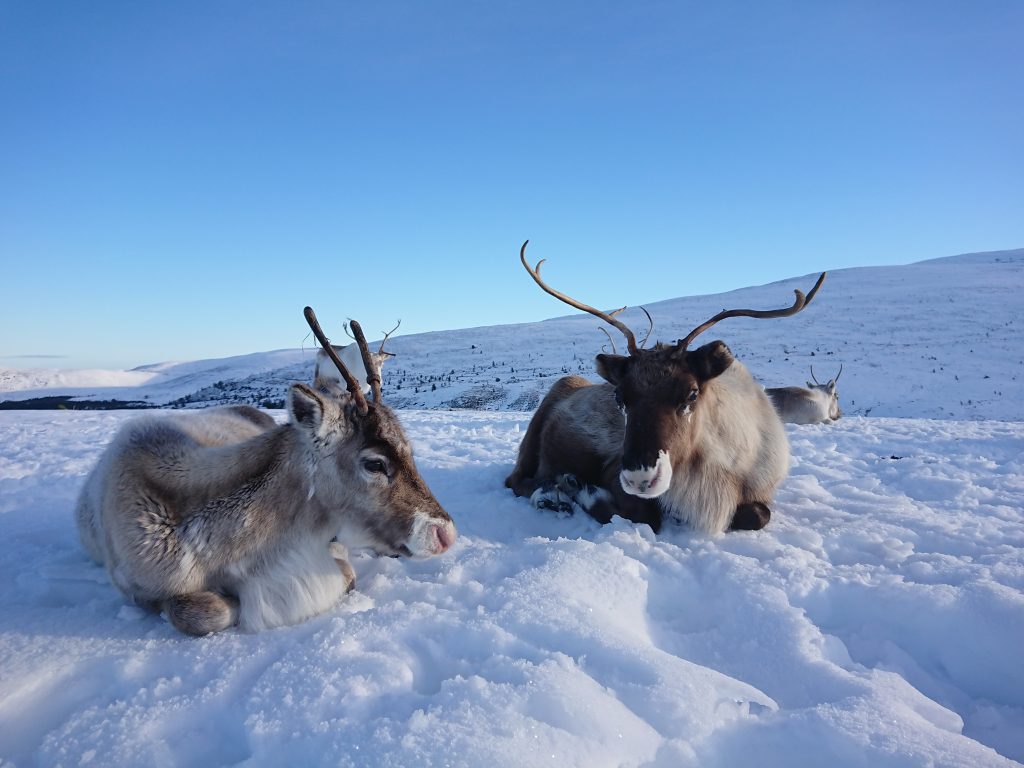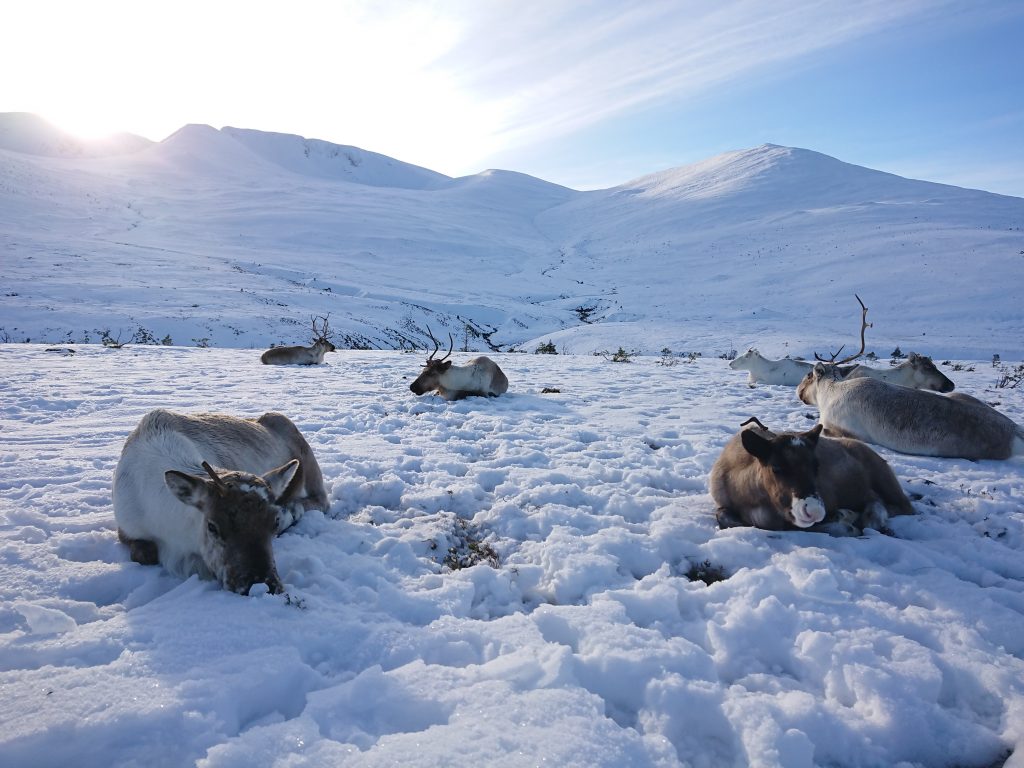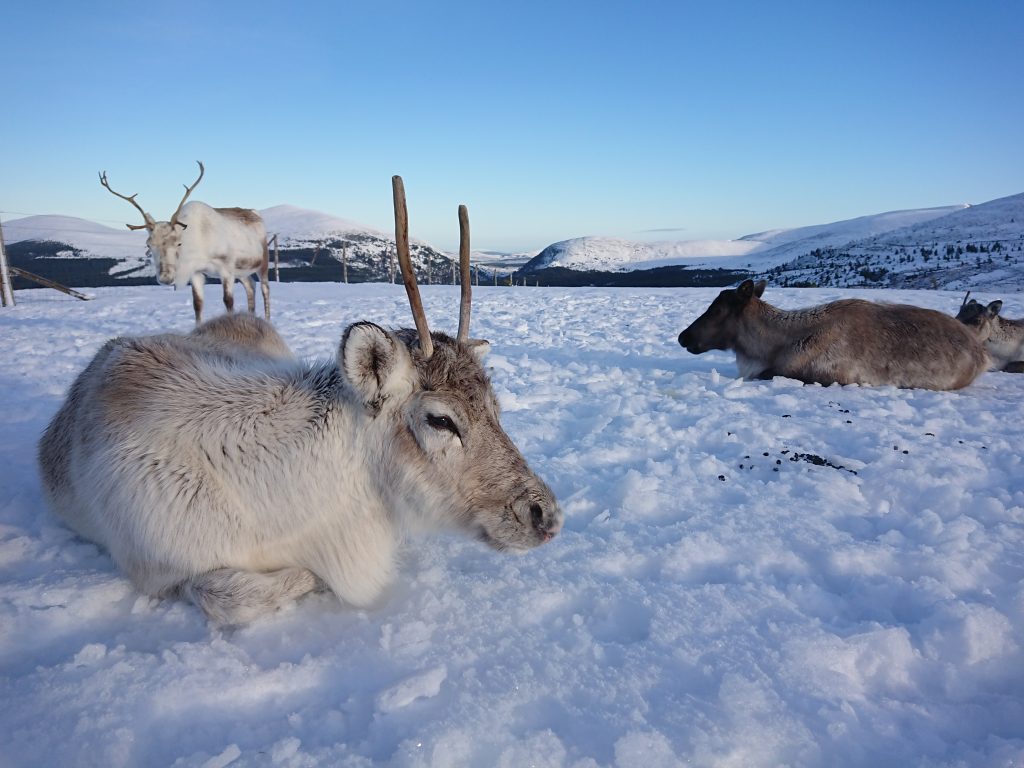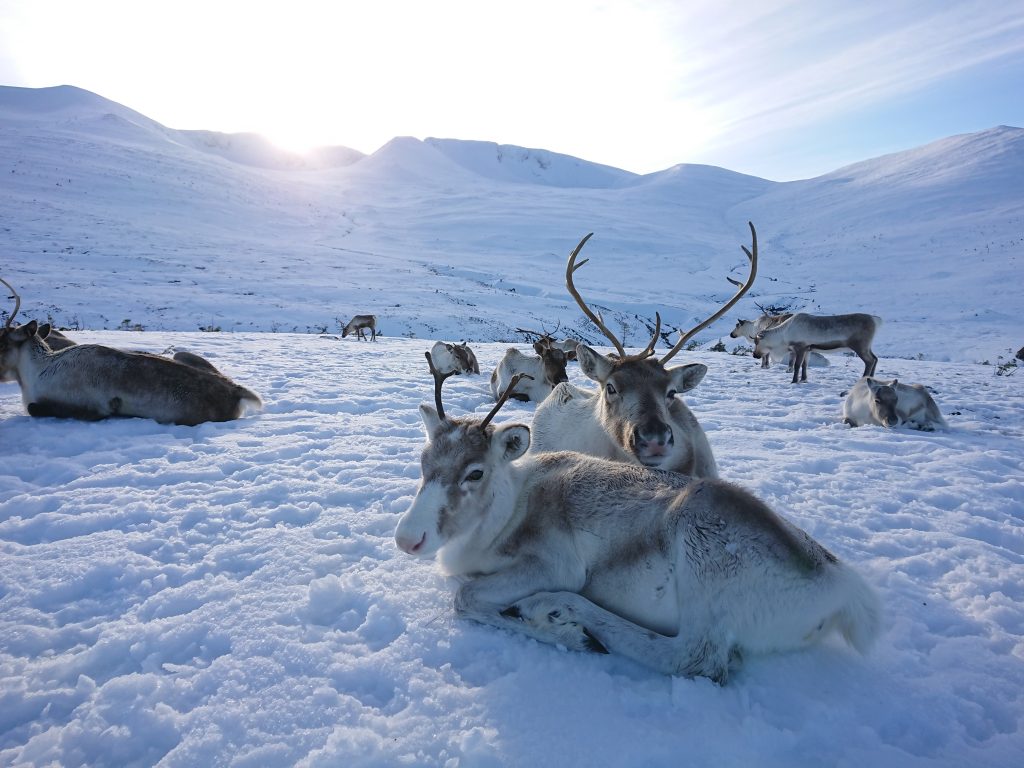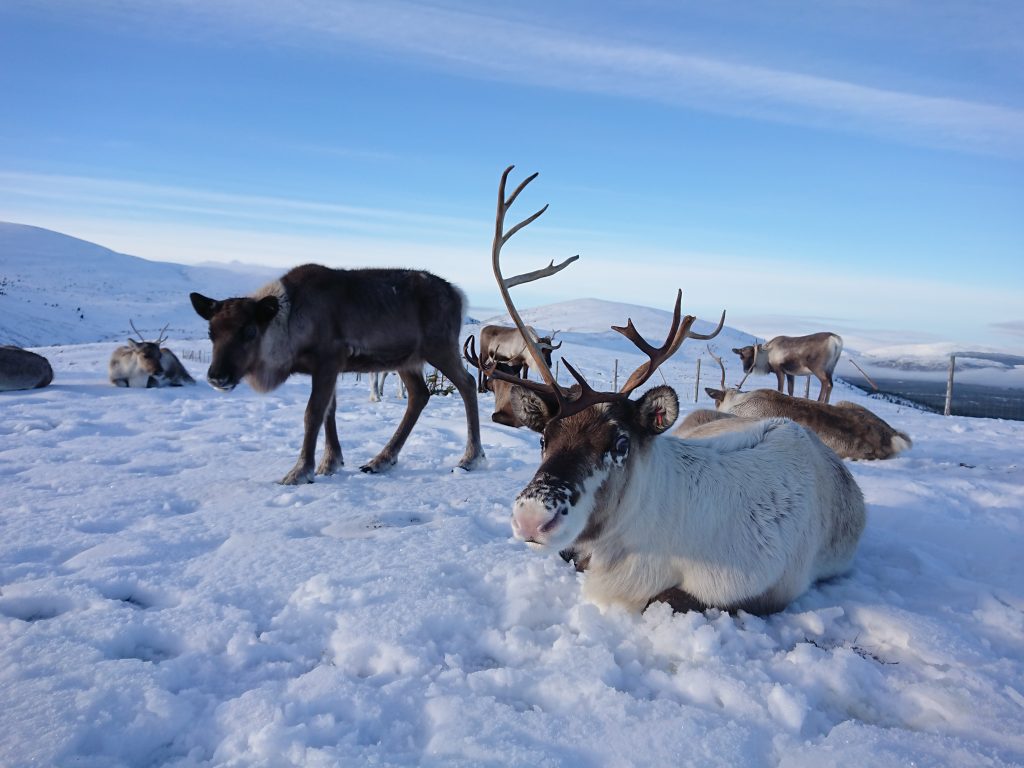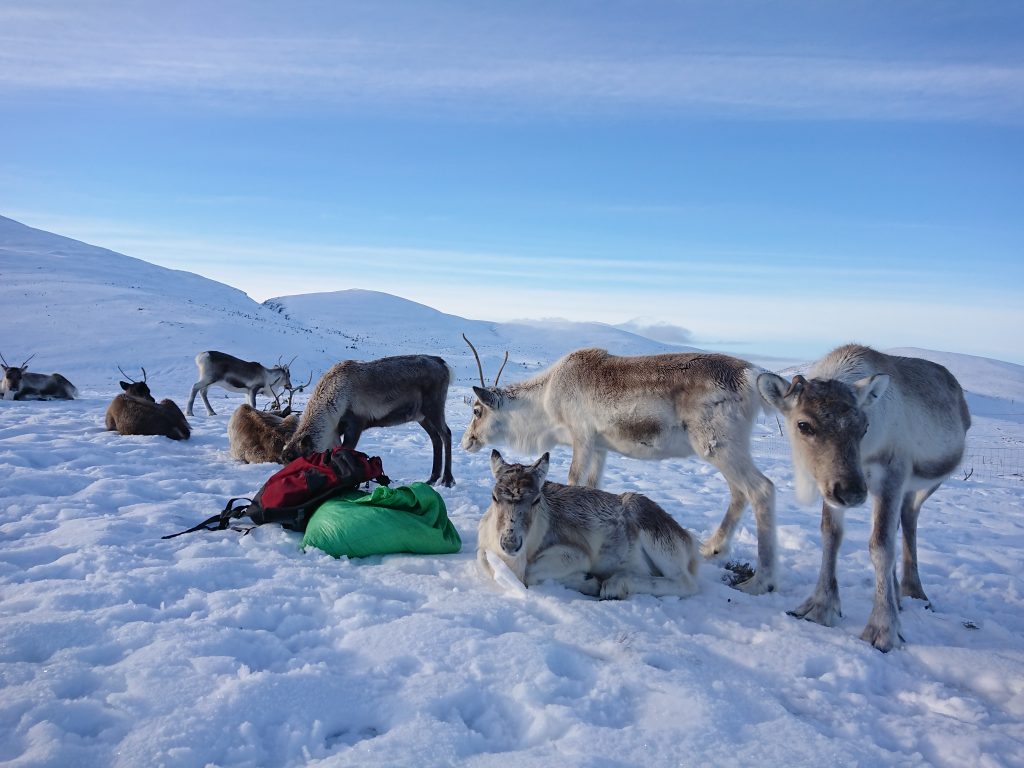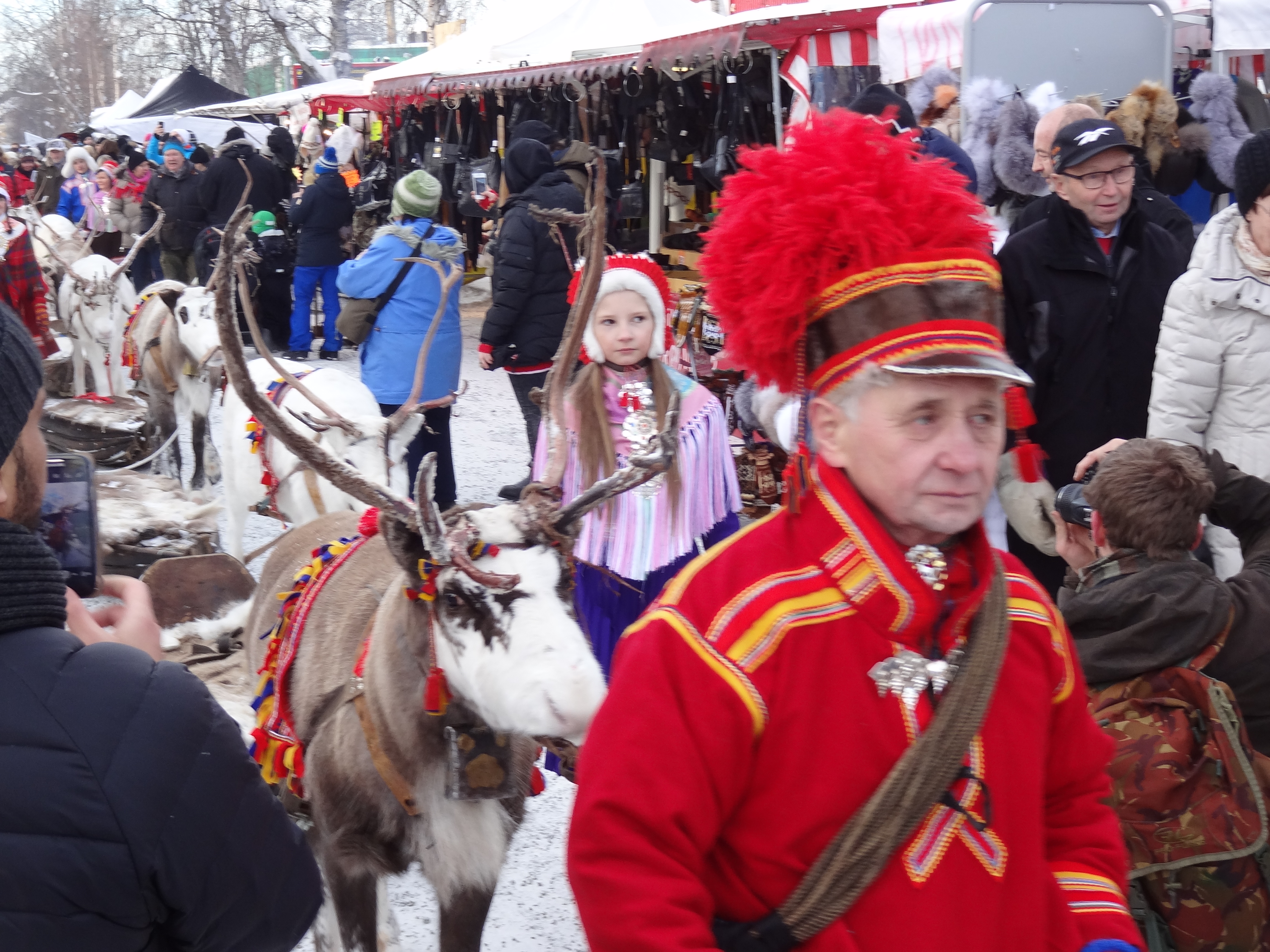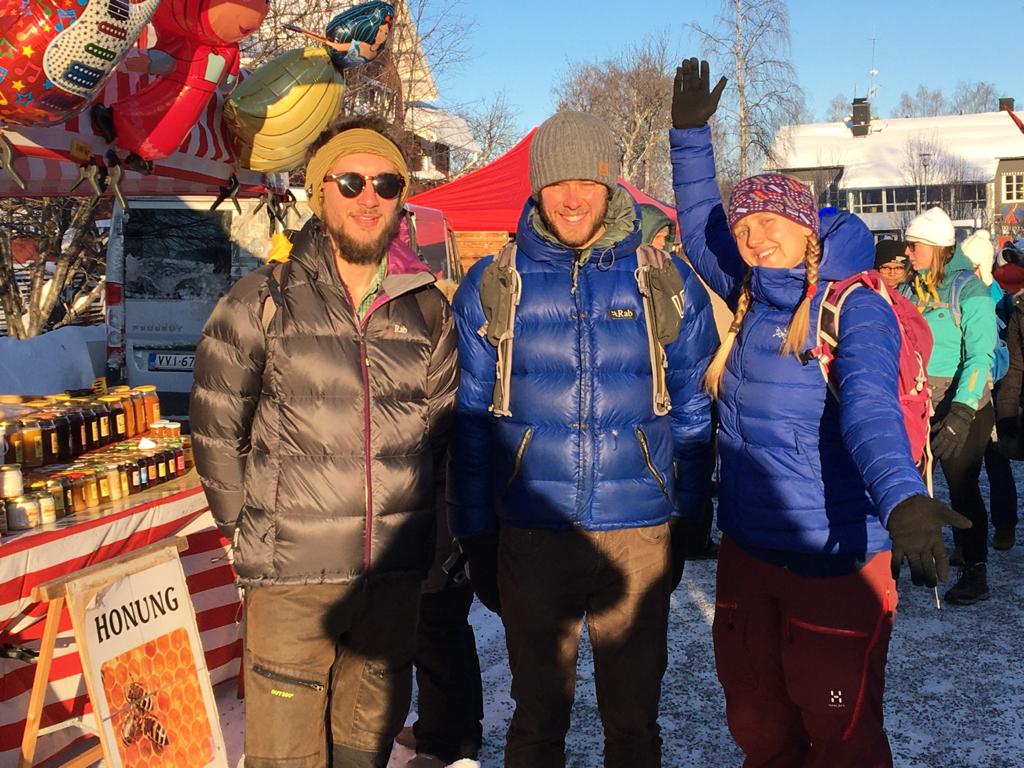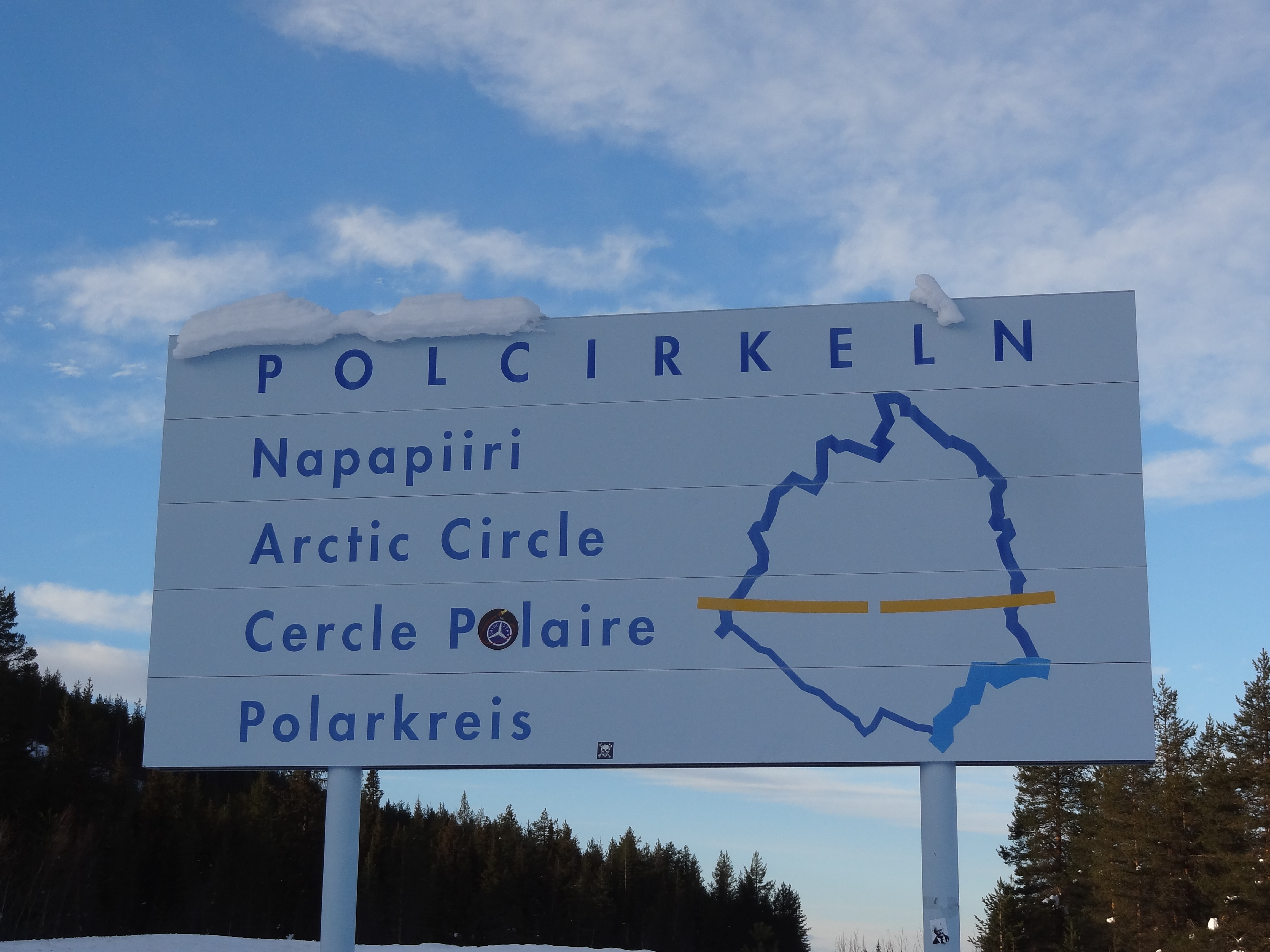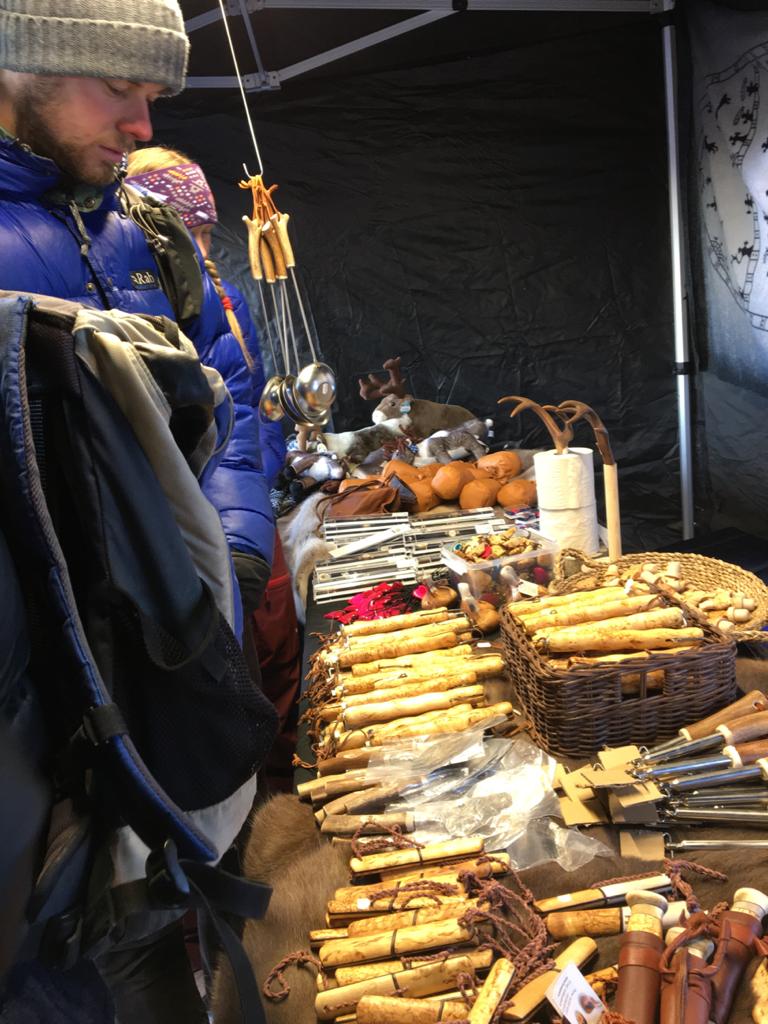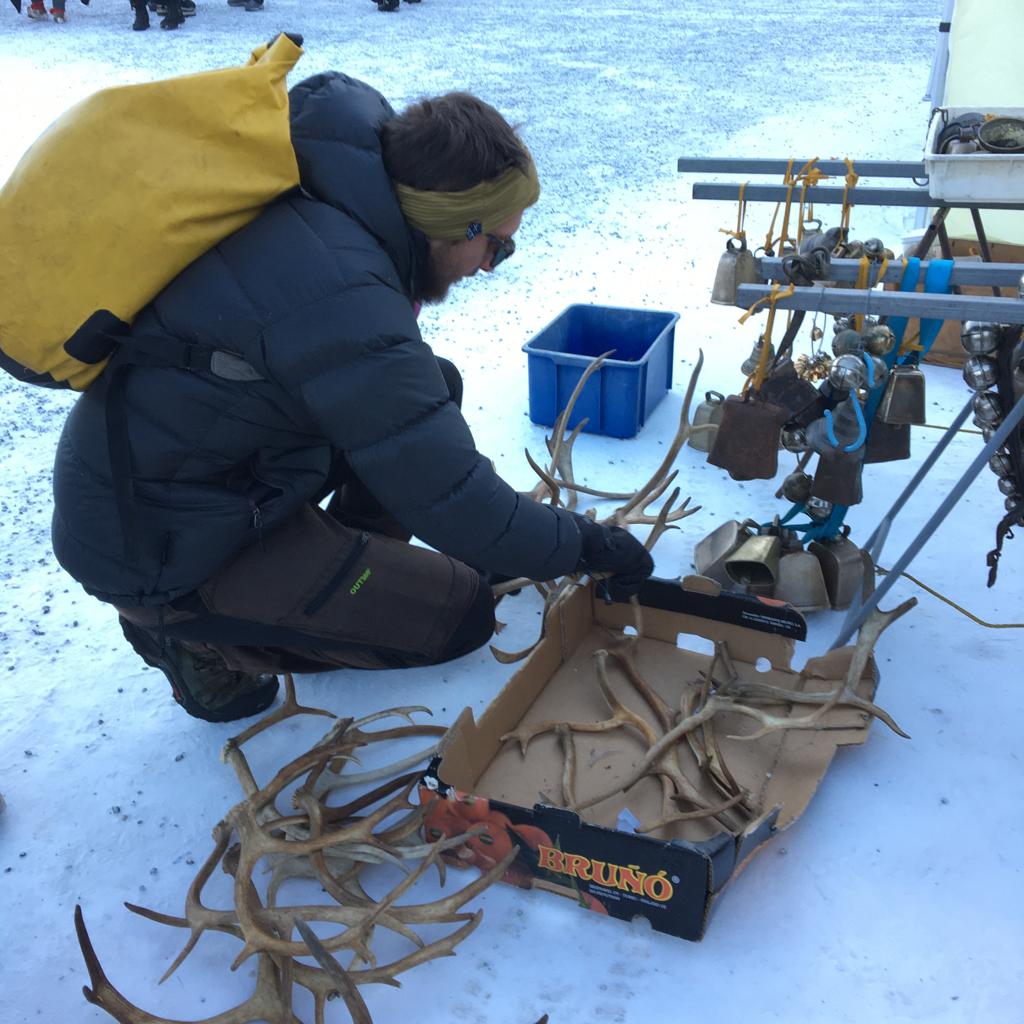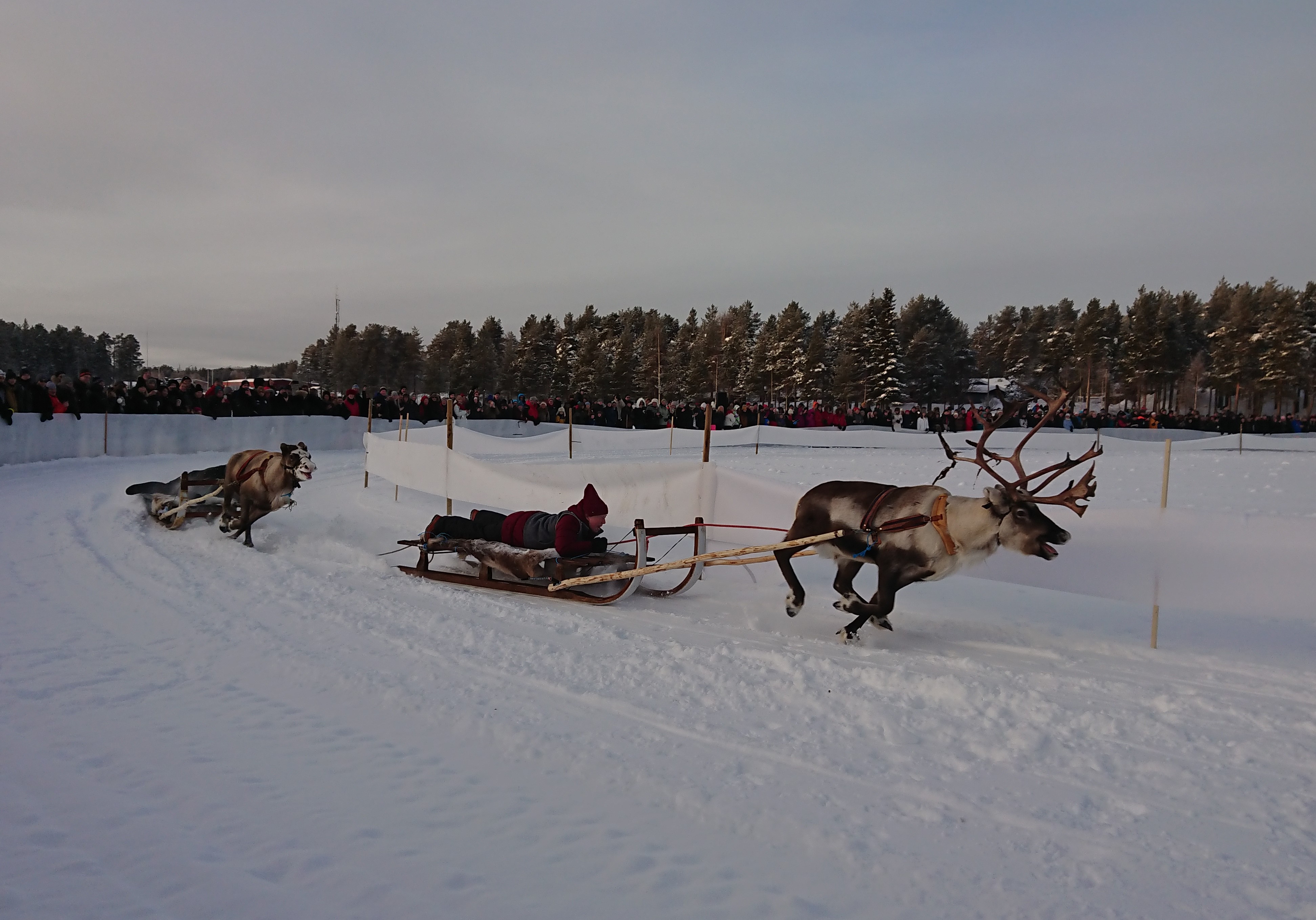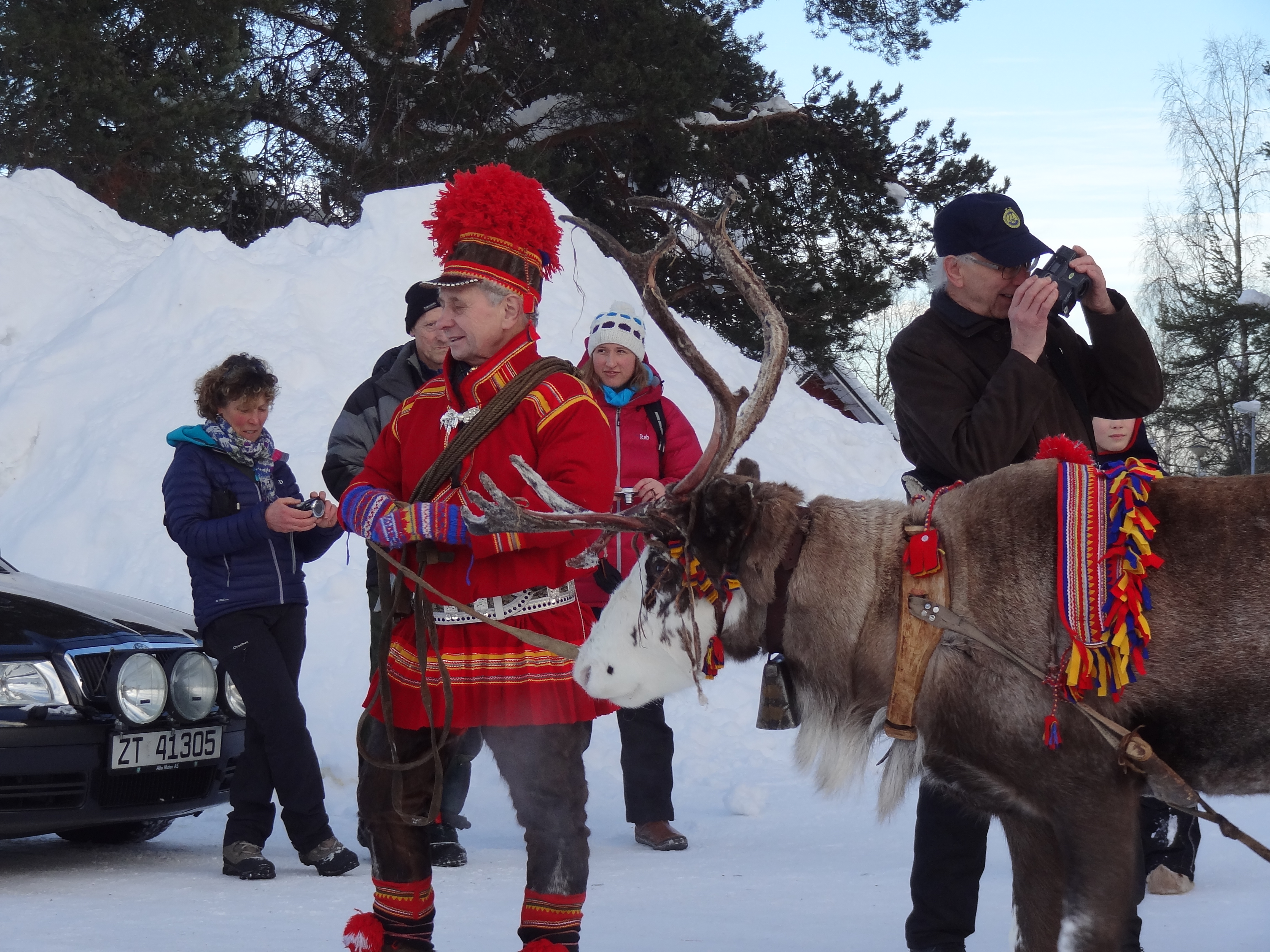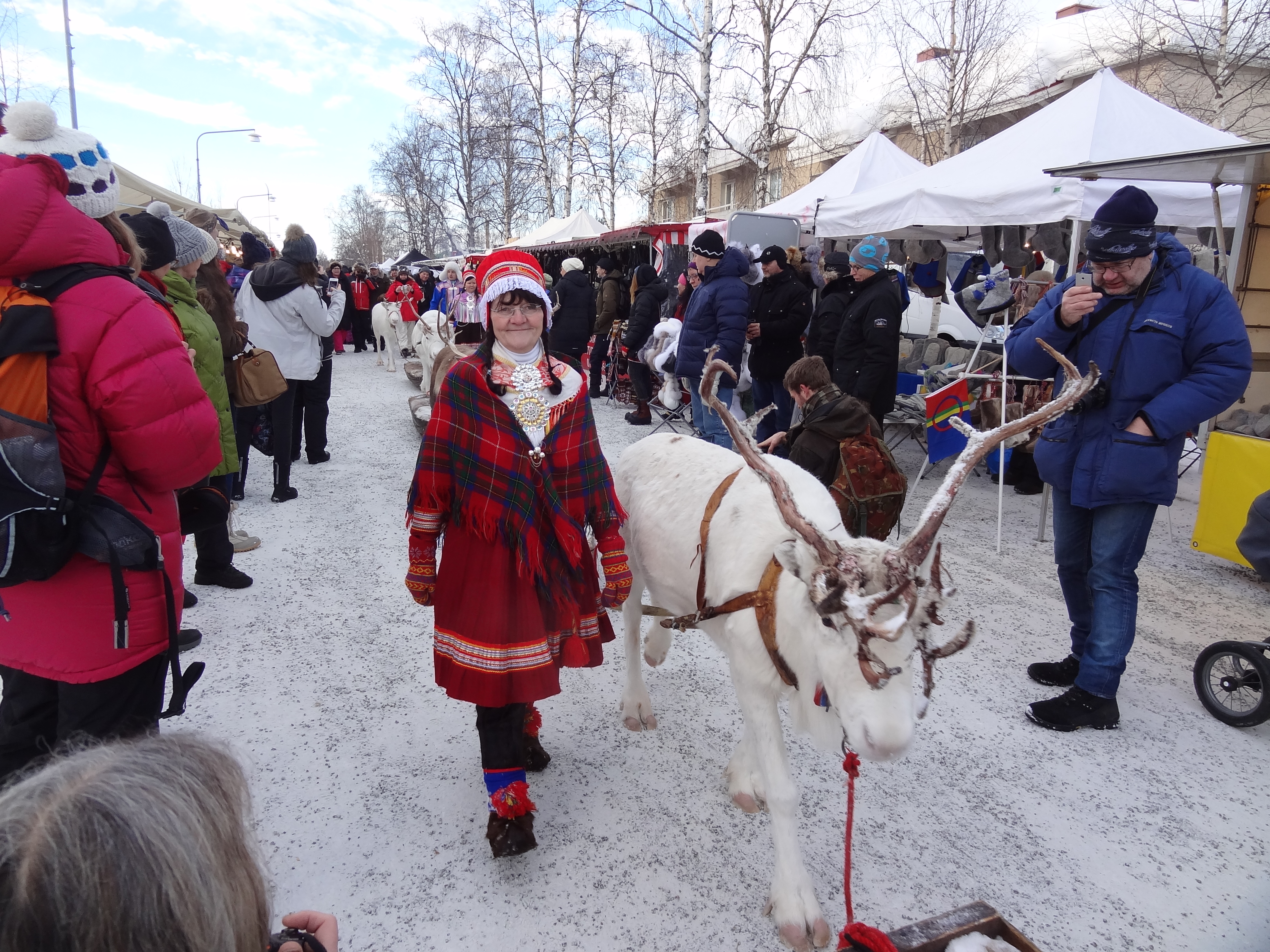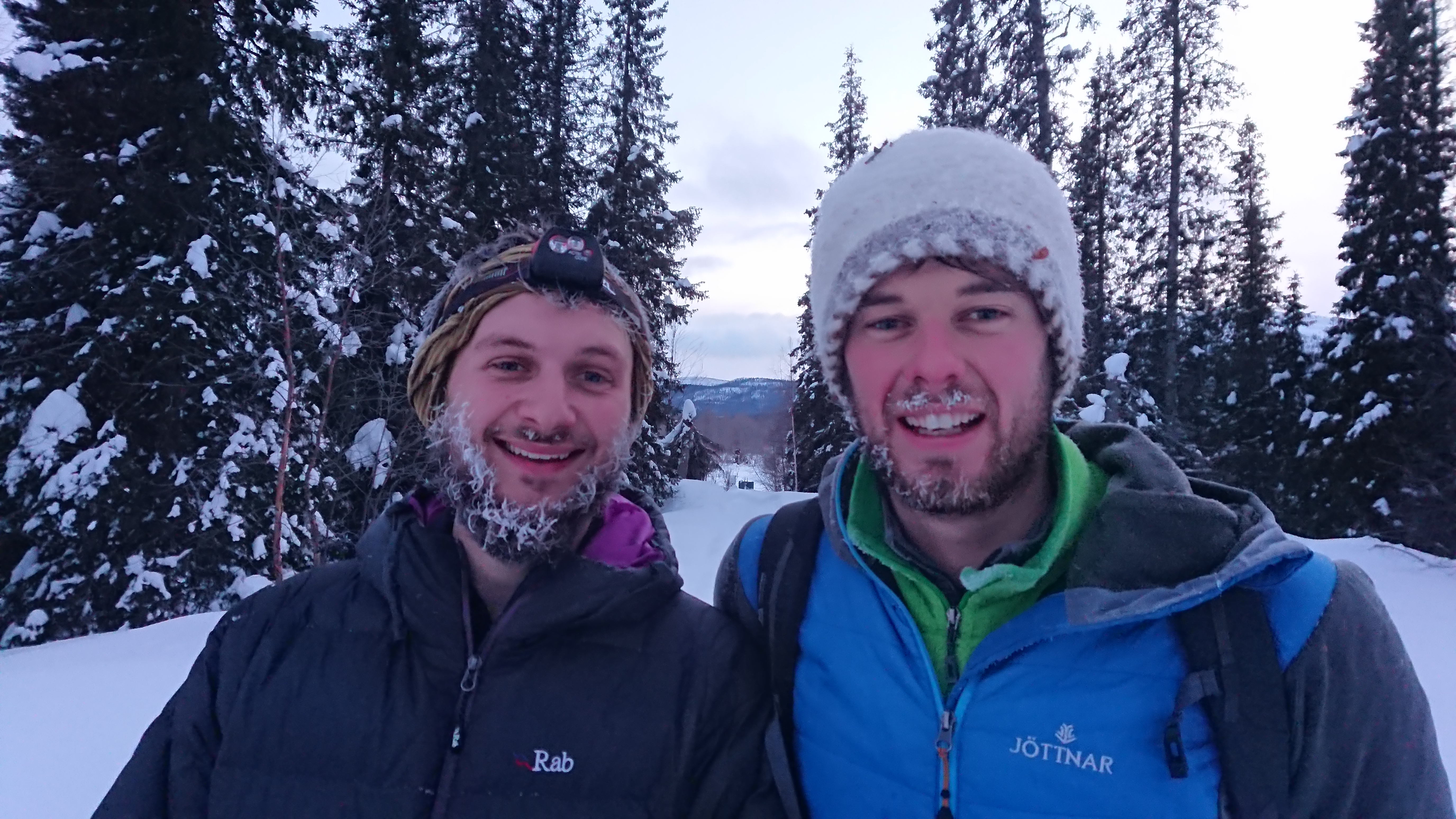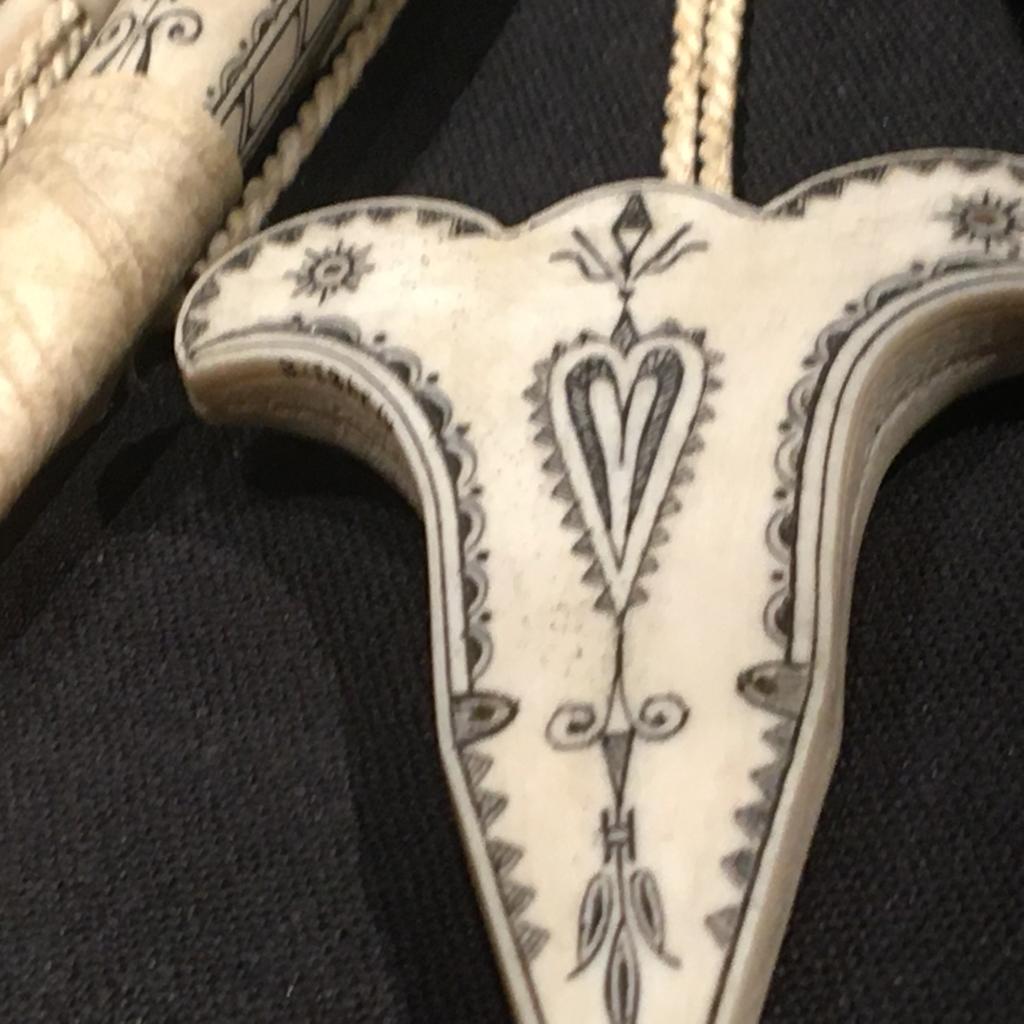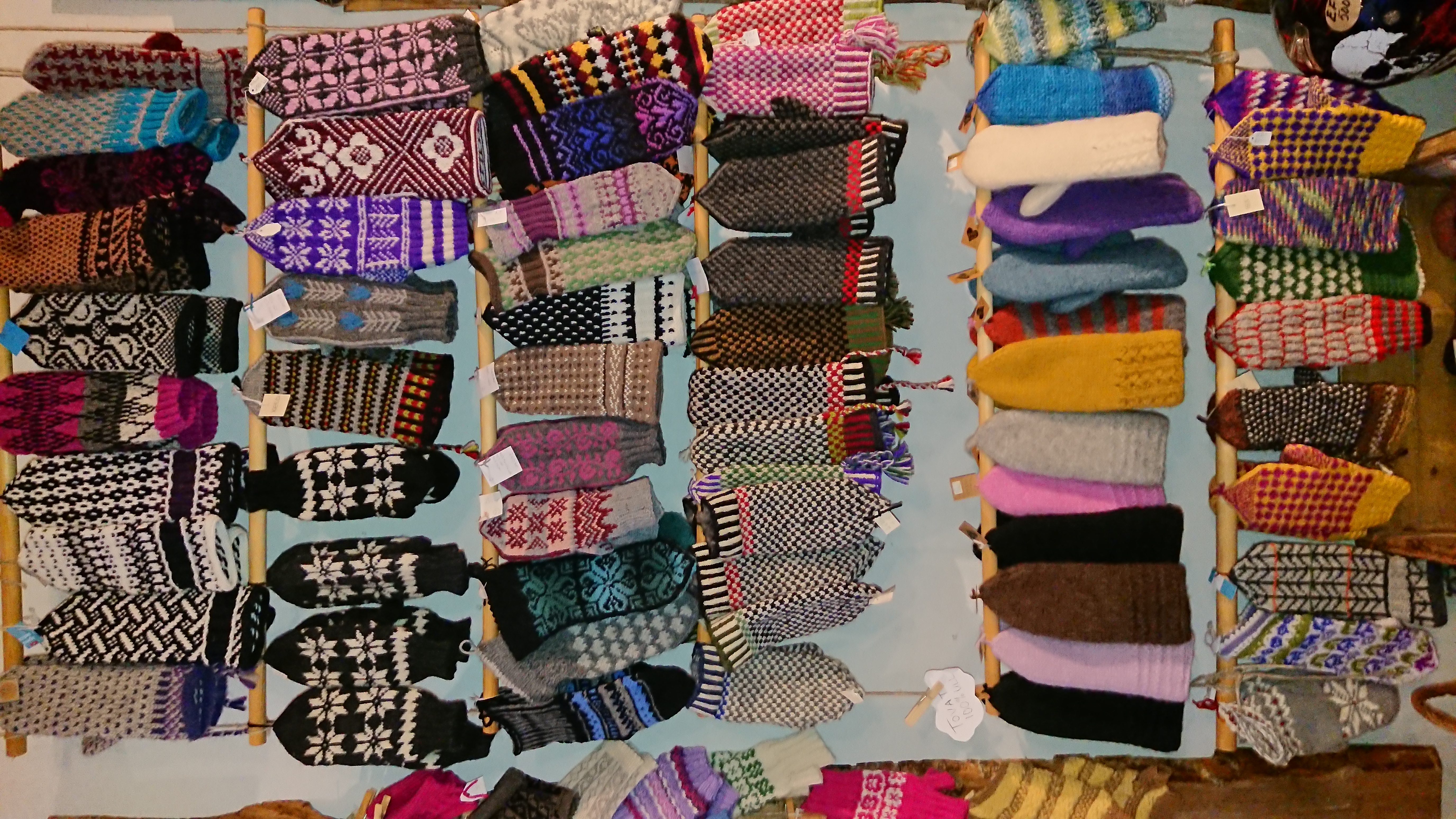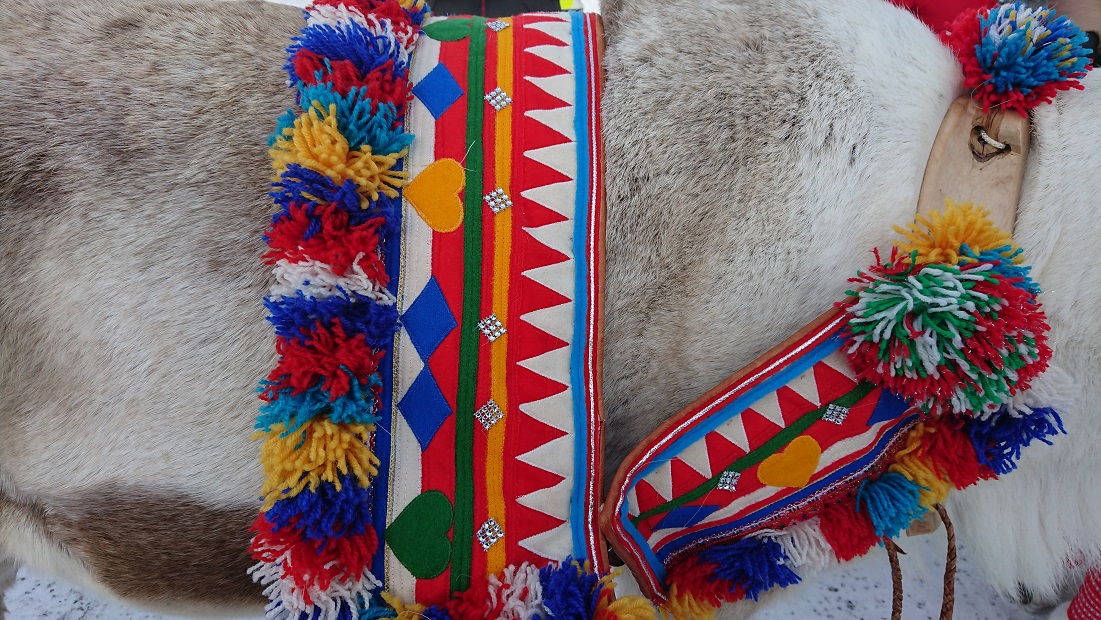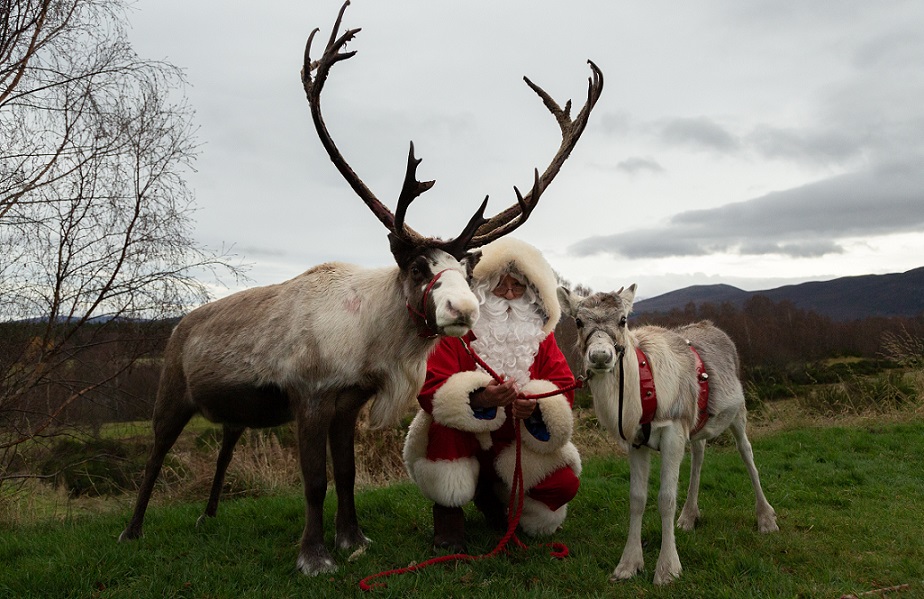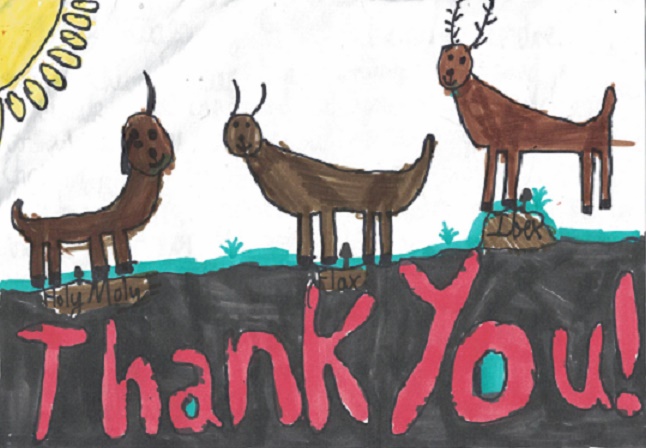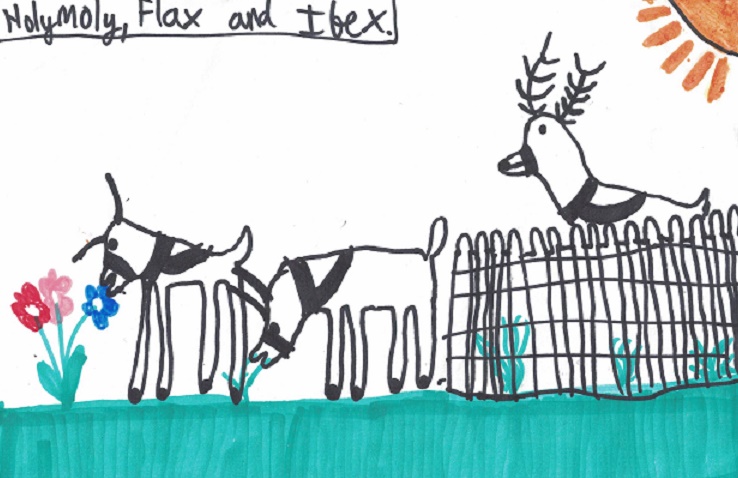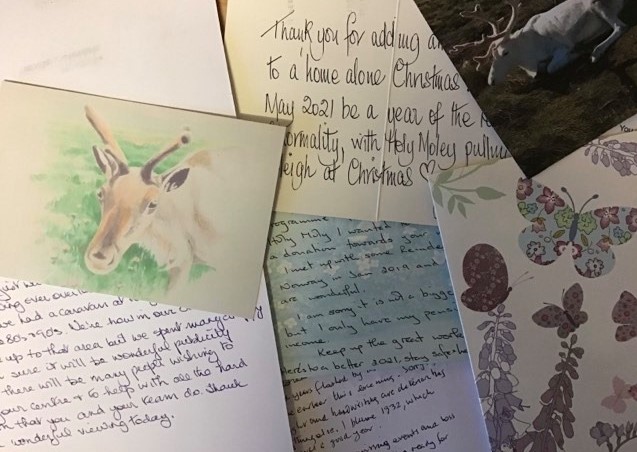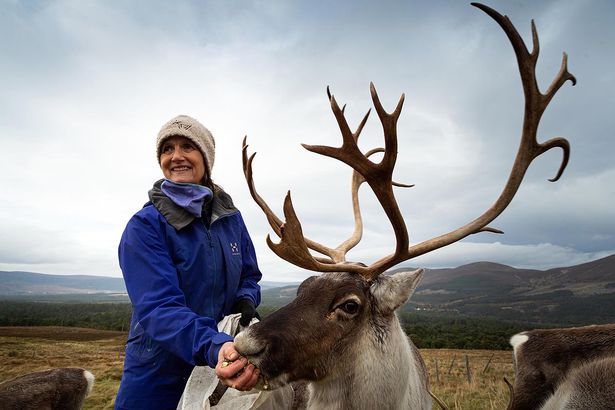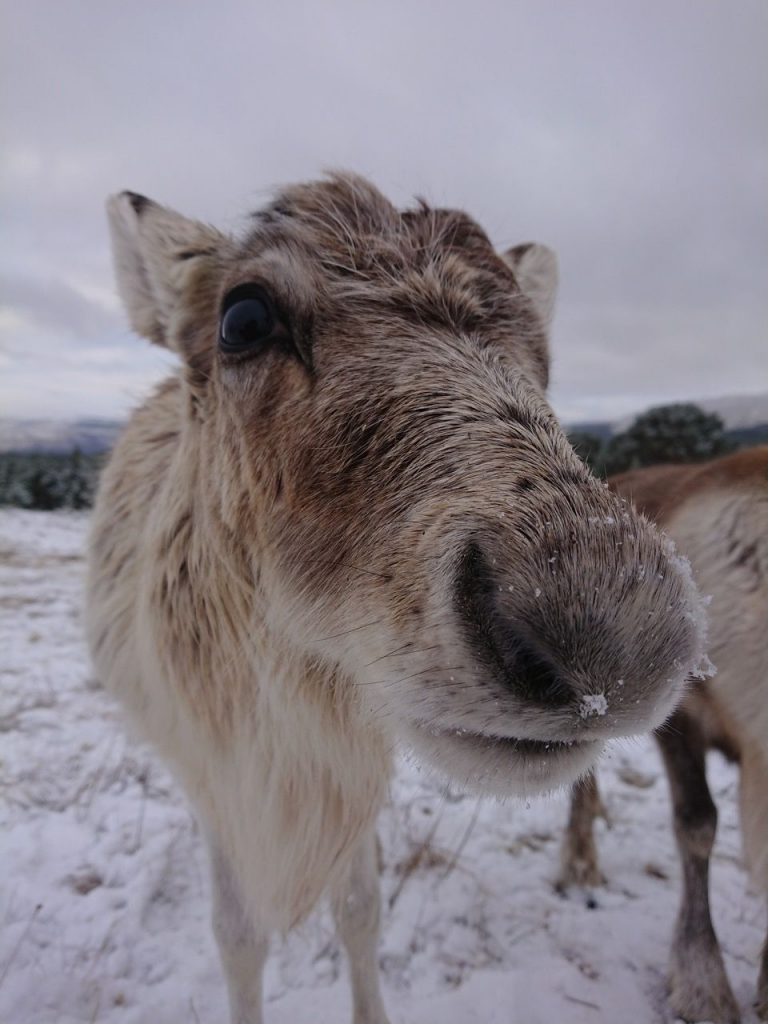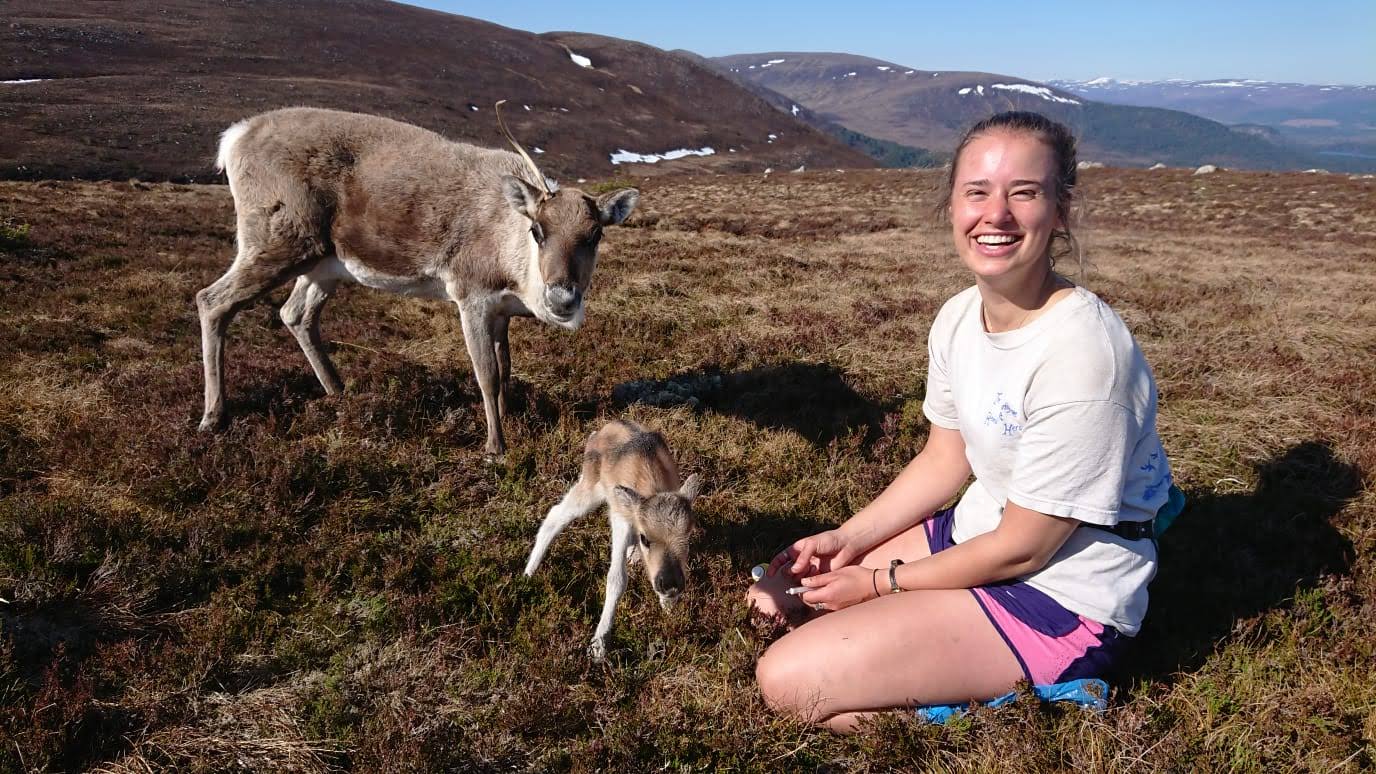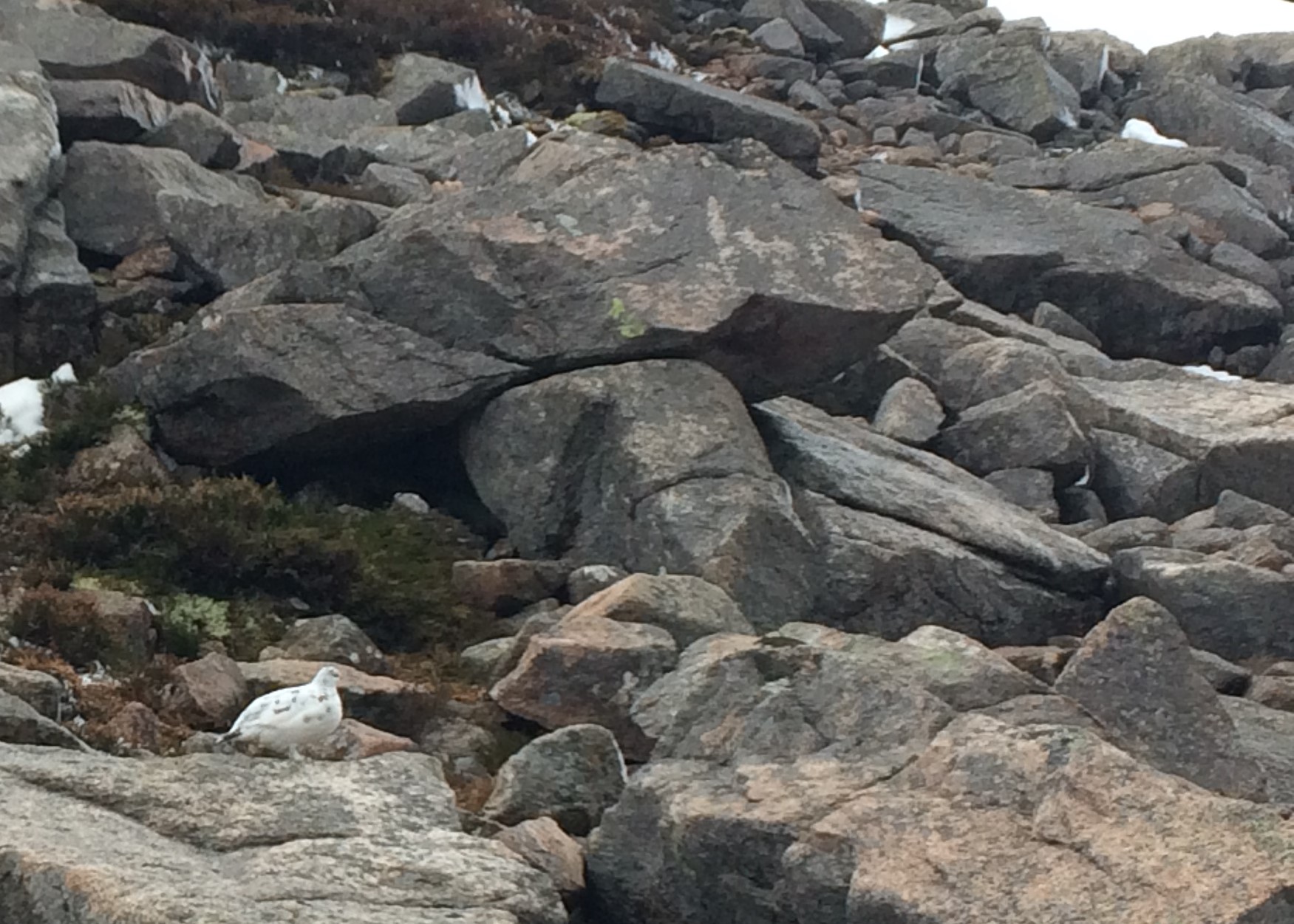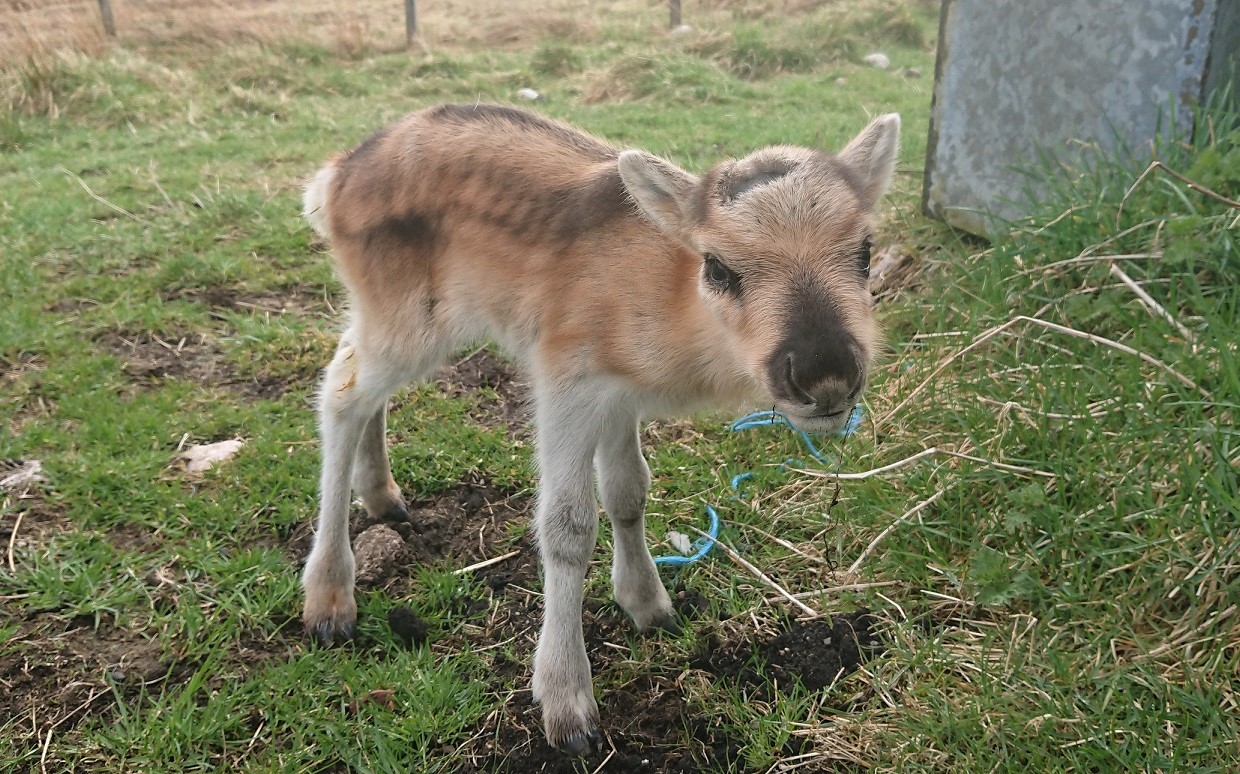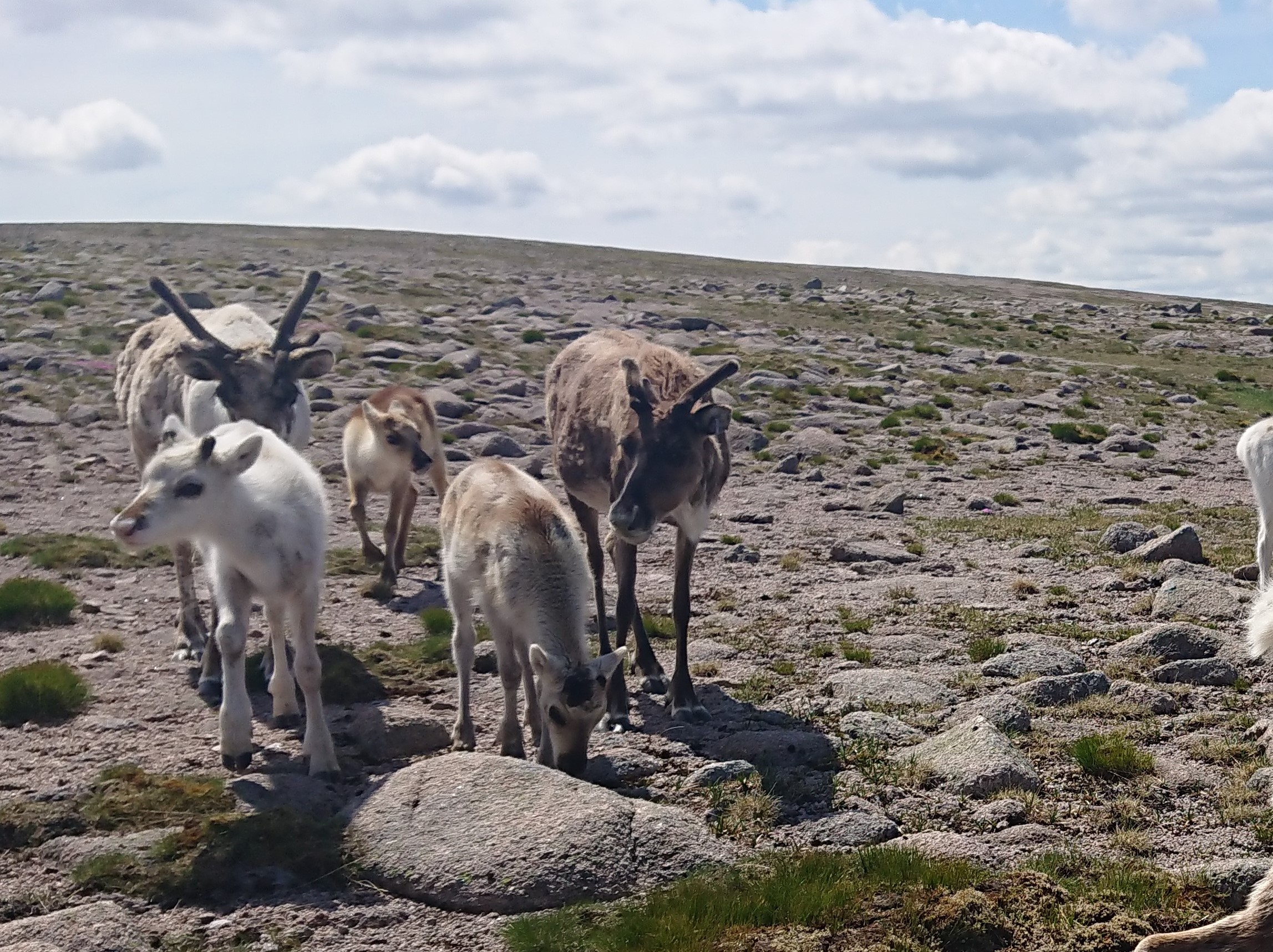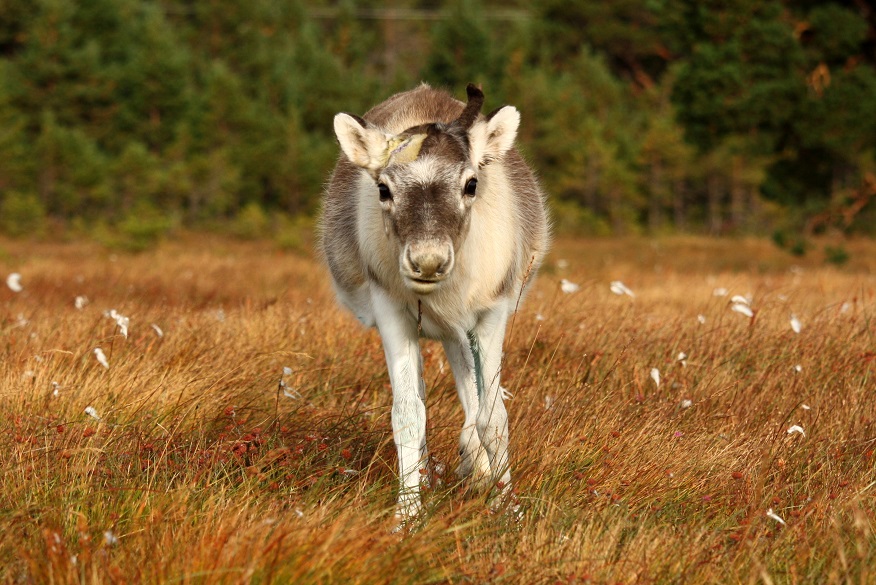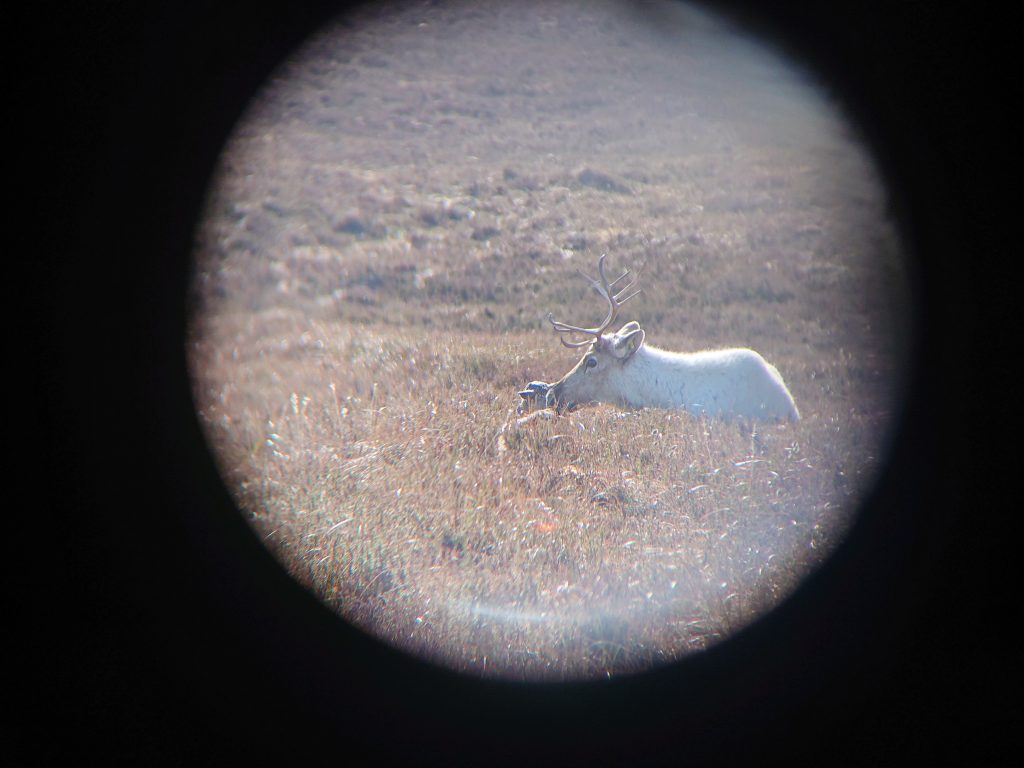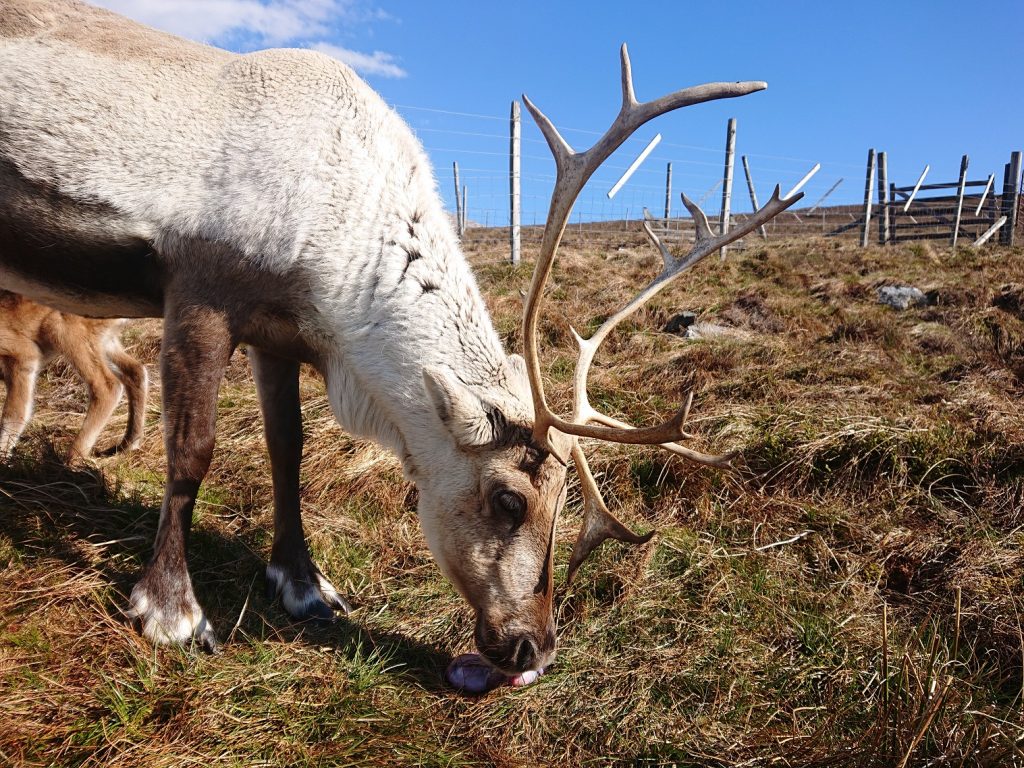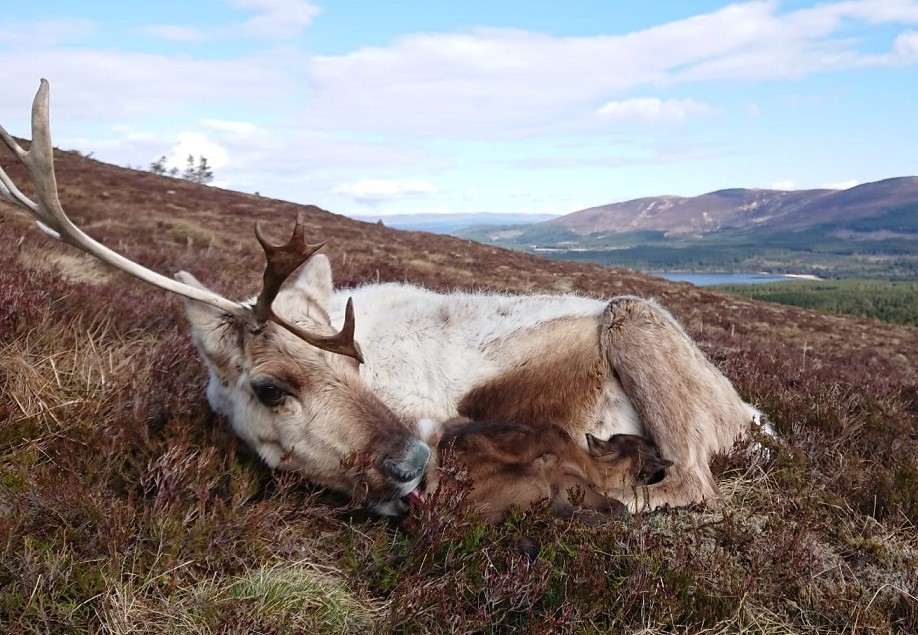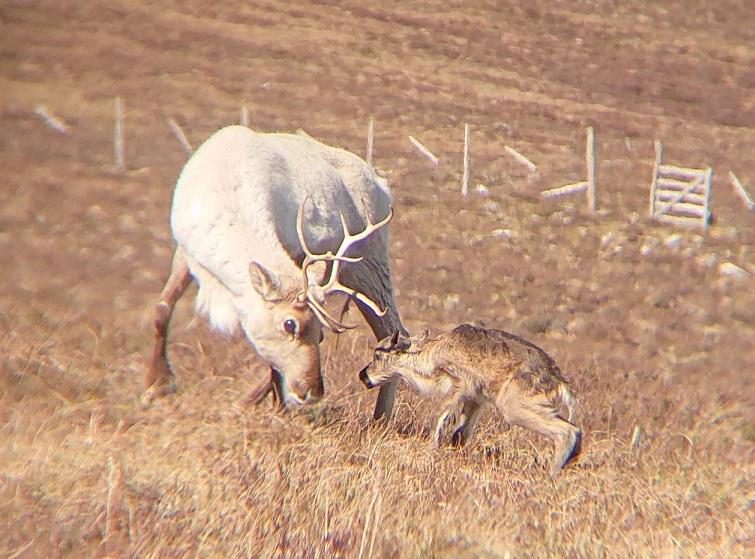The reindeer I’ve chosen to talk about in this week’s blog is a reindeer who I like a lot. I met him when he was just hours old and he has now become one of the breeding bulls for the herd. His name is Spartan. He was born in 2016 and was named after that year’s naming theme of ‘lost civilizations’. This means he’s about 5 years old and is coming in to his prime. In this blog I’d like to talk a bit about Spartan’s journey from unassuming calf to sweet-natured breeding bull as well as his heritage and his offspring.
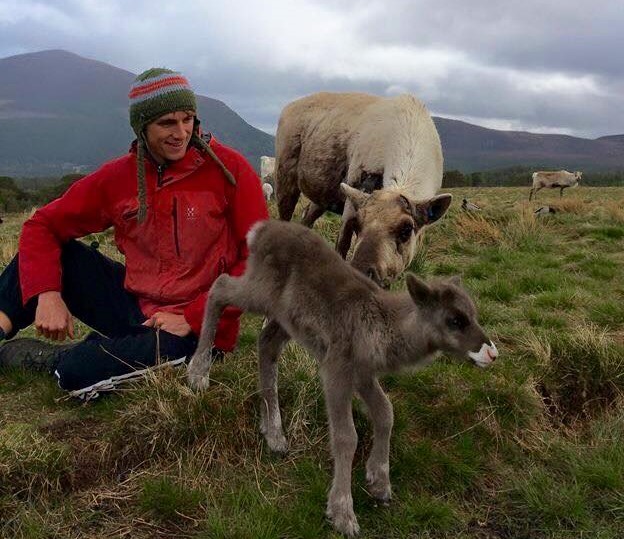
During Spartan’s first year of life he was always an unassuming calf. He wasn’t exactly oozing in character and was a relatively quiet calf. He was always polite and never pushy, and he grew very simple antlers. However, as you can see from the photo below, his antlers are far from simple nowadays. They are one of the largest and most beautiful in the herd.
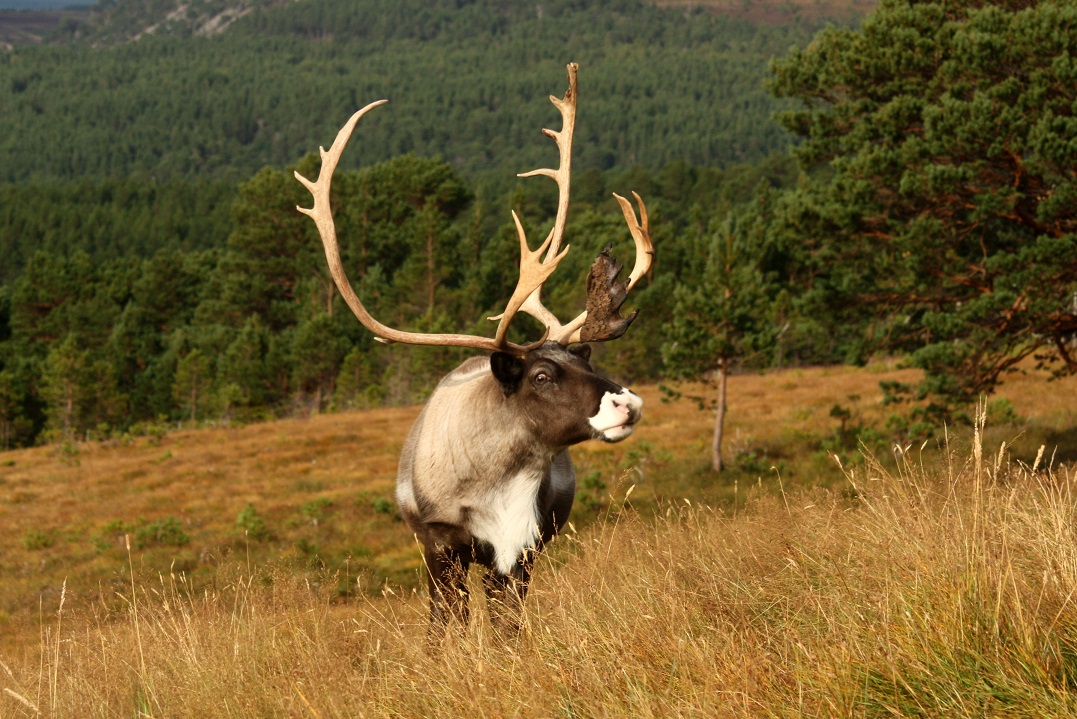
From a personality point of view, Spartan really grew into himself over the years. He has a sweet, lovely nature, even during the rut. For those who don’t know, the rut is a period in autumn – about a month in duration – where reindeer come into season and the breeding occurs. Breeding bulls are known to alter their nature and become more territorial which can lead to these bulls being more scary and aggressive (hence why we don’t visit the breeding bulls on hill trips in October/November). However, Spartan remained well-behaved despite being swarmed by hormones. Compared to our other breeding bulls he is definitely on the well-behaved end of the spectrum. Perhaps this was due to his much-loved mother, Bumble, being incredibly sweet-natured and passing on those genes to her son. If you wanted to read more about Bumble, you can read a blog on her by clicking here.
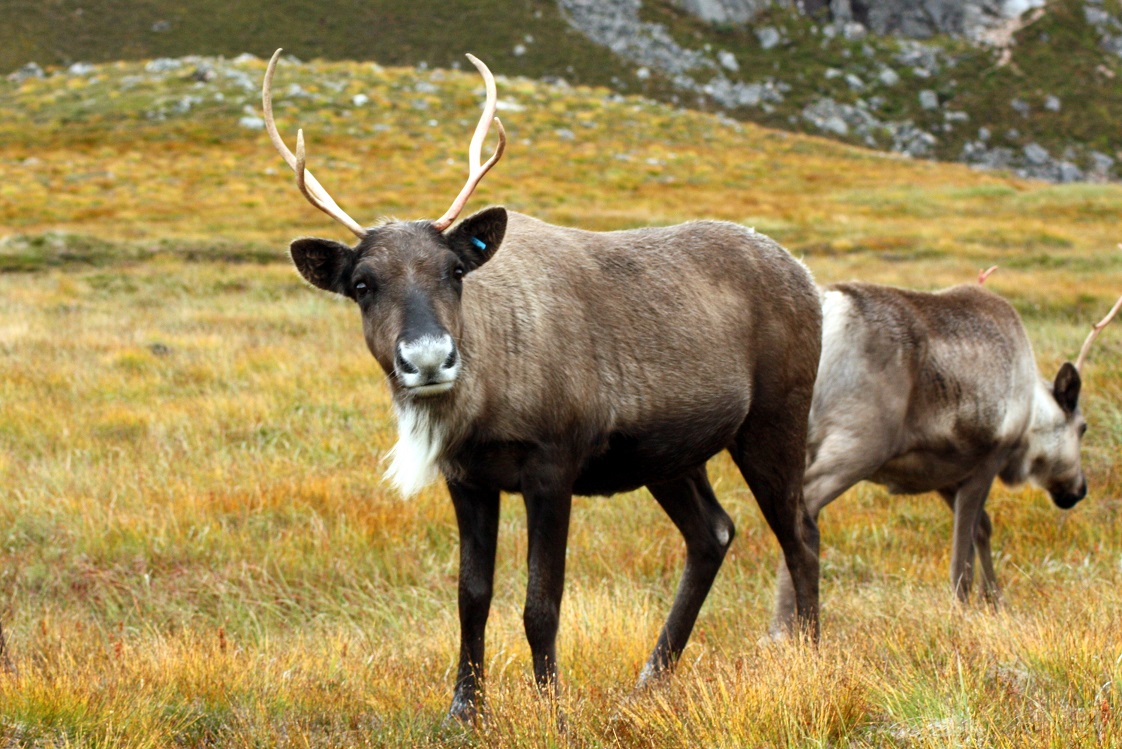
Spartan had his first experience of being a breeding bull in 2019 and is believed to be the father of 10 calves that were conceived that year and later born in 2020. However, the selection of Spartan as a breeding bull wasn’t an obvious selection. Each year we have to make the decision of which young adult male reindeer we want to pass on their genetics for the future of the herd, and which reindeer we want to castrate. This decision is made when the male reindeer is at least 3 years old and is integral in keeping the number of reindeer in our herd to a sustainable amount. Moreover, by controlling the breeding it means that we never have to cull any reindeer. When it came time to select which reindeer were to be castrated from the 2016 year we decided that we would keep 2 reindeer as breeding bulls that year. Roman was the first choice and after lengthy discussions, Spartan’s genes seemed to win out over other contenders such as Aztec and Celt. He kind of snuck through the castration net, so to speak.
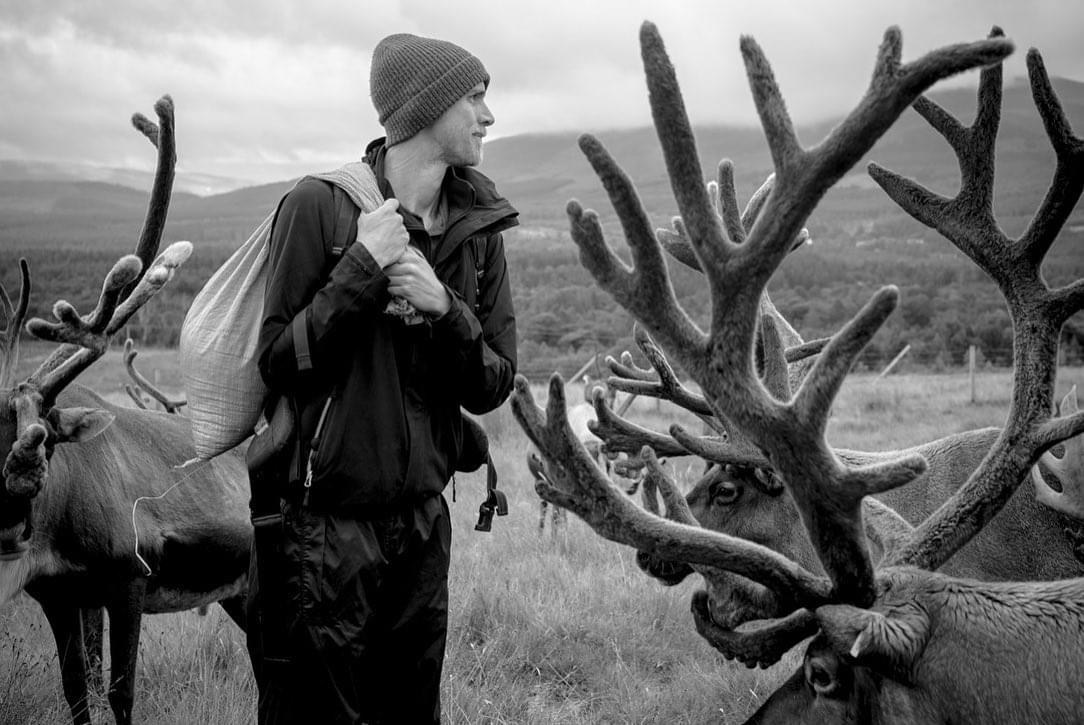
Spartan comes from a blood line that had almost become lost within our herd. And now that he is one of our few breeding bulls, it means that the blood line has a new lease of life. Spartan’s father was the popular breeding bull Nutti who was imported as a calf from Sweden in December 2011. We imported a large amount of young male reindeer from Sweden around that time as we wanted to diversify the genetics in our herd and introduce more blood lines. Nutti unfortunately died in April 2018 whilst free-roaming in the Cromdale hills but as you can see from the photo below, his genetics live on in Spartan whose looks, and indeed nature resemble that of Nutti.
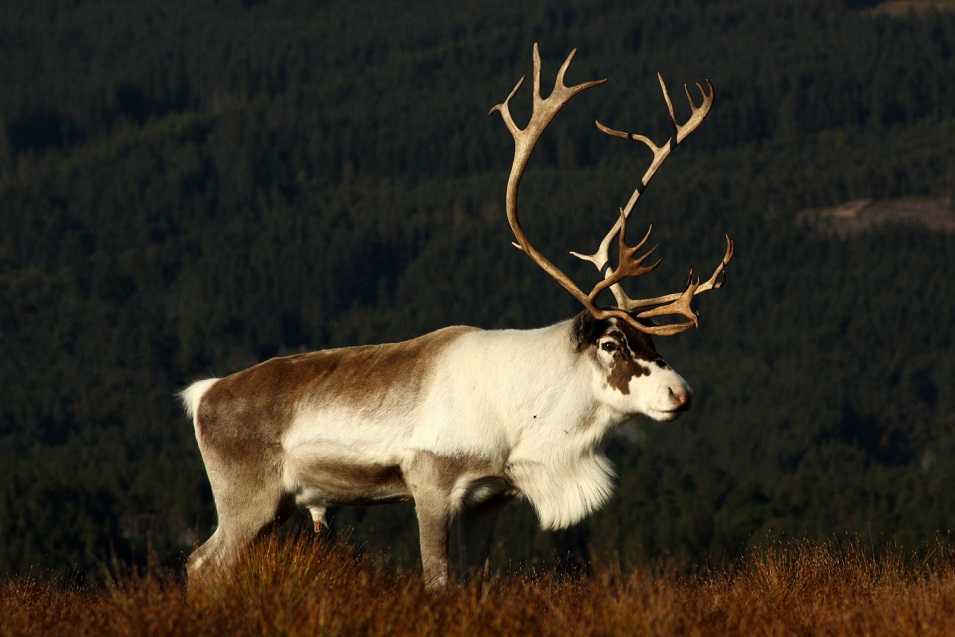
In 2019, almost immediately after the decision that he would become a breeding bull, Spartan was put into the rut and introduced to his own group of females that were coming into season. It turned out that the other breeding bull contenders were related to more of the eligible cows than Spartan. Therefore, we believe he is father to a group of 10 lovely calves (now yearlings) all of whom were named after ‘peas, seeds and beans’. The calves that we think are probably Spartan’s all appear to be very sweet natured and endearing. They are Cannellini, Lupin, Hemp, Chickpea, Mushy, Pinto, Edamame, Adzuki, Borlotti and Haricot. And with only a few exceptions, many of the calves have distinctive white face markings, just like Spartan. These are most notable on Pinto, Edamame, Hemp, Borlotti and Adzuki, the offspring of Morven, Emmental, Addax, Clootie and Gazelle respectively.
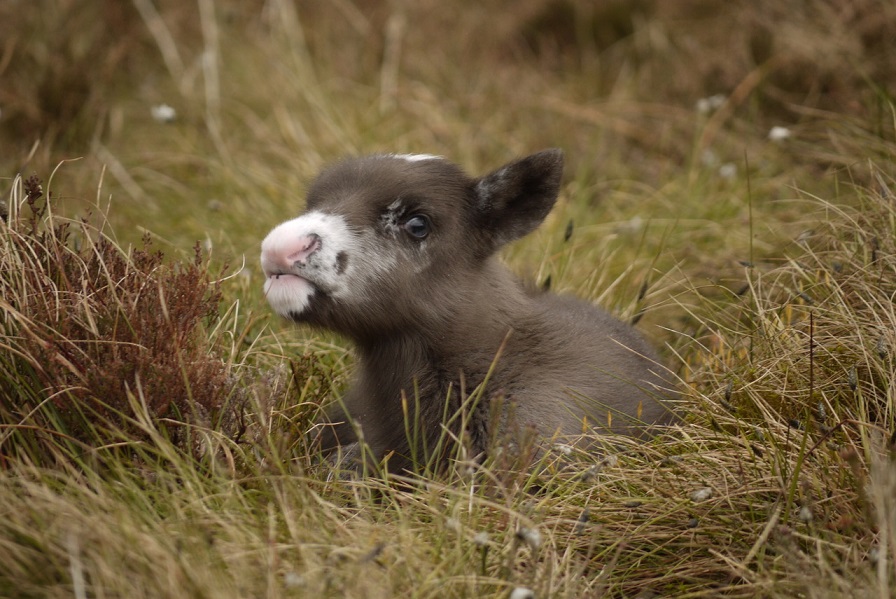
Although we didn’t use Spartan in autumn’s rut of 2020 he retains his ‘equipment’ and his name is being discussed as a potential breeding bull for this year’s rut. He is currently in great condition and is having a very peaceful year! In the early months of 2021 Spartan has been free-roaming on the Cromdale hills.
So there you have it! The story of Spartan – one of our friendliest breeding bulls.
Ben

